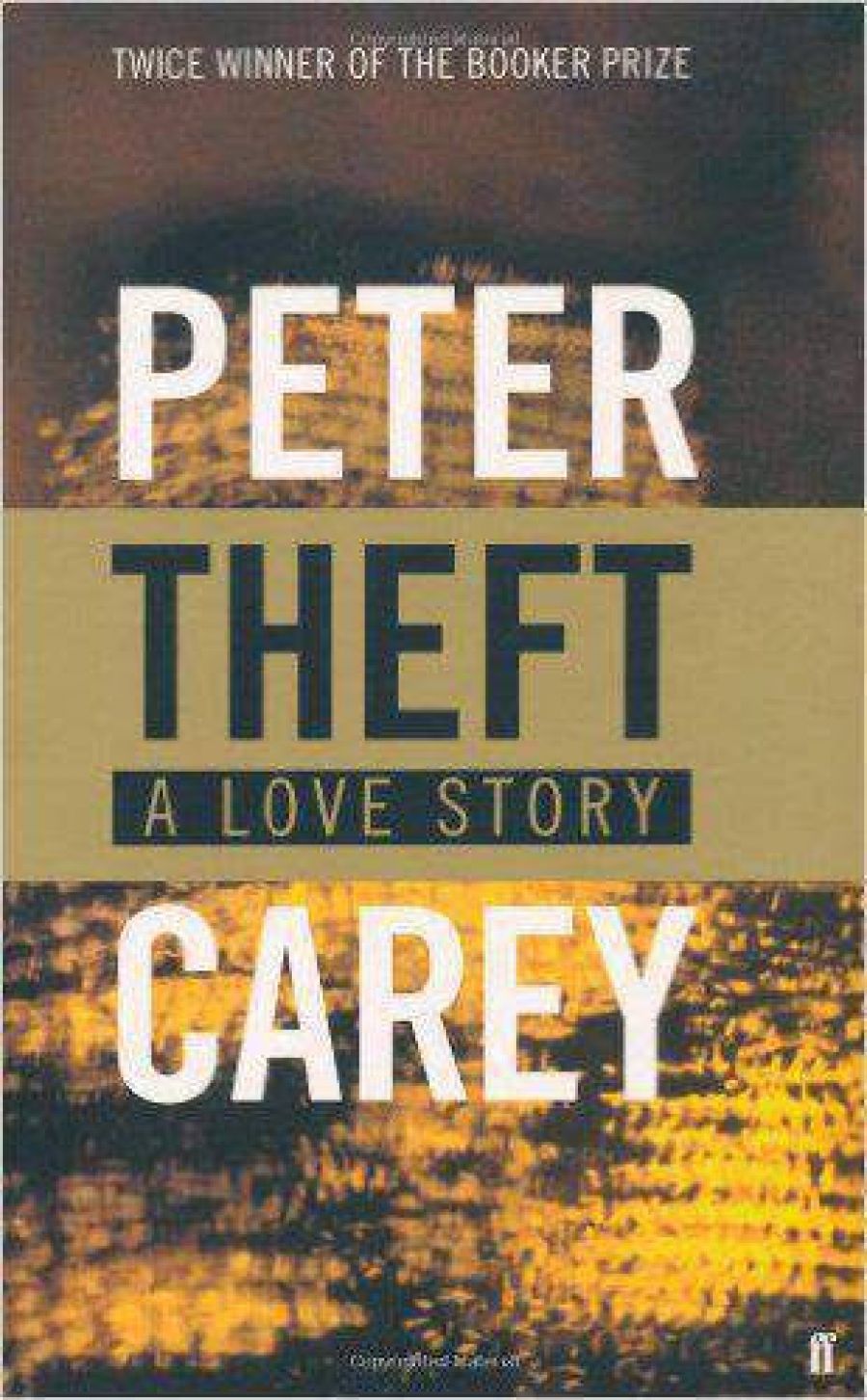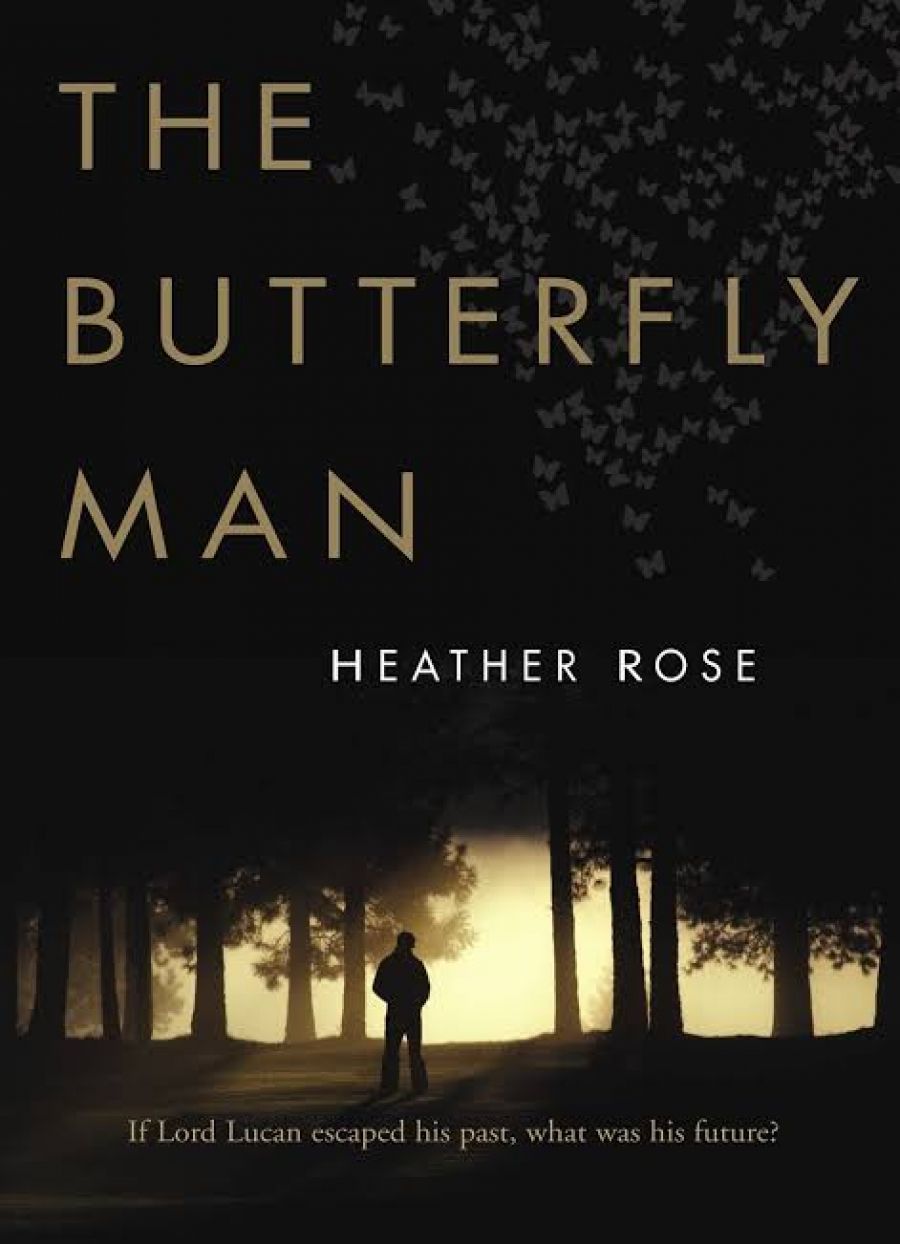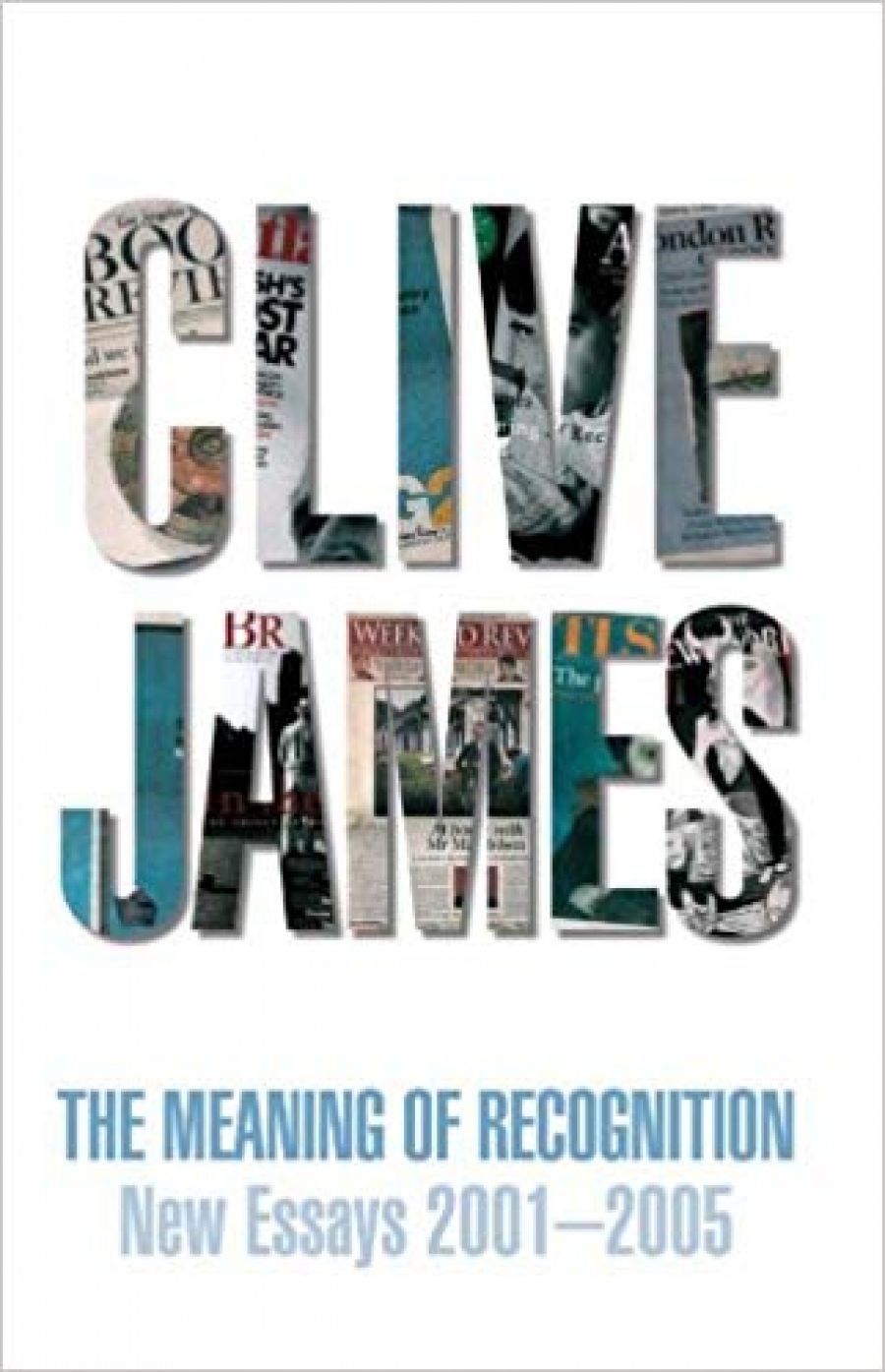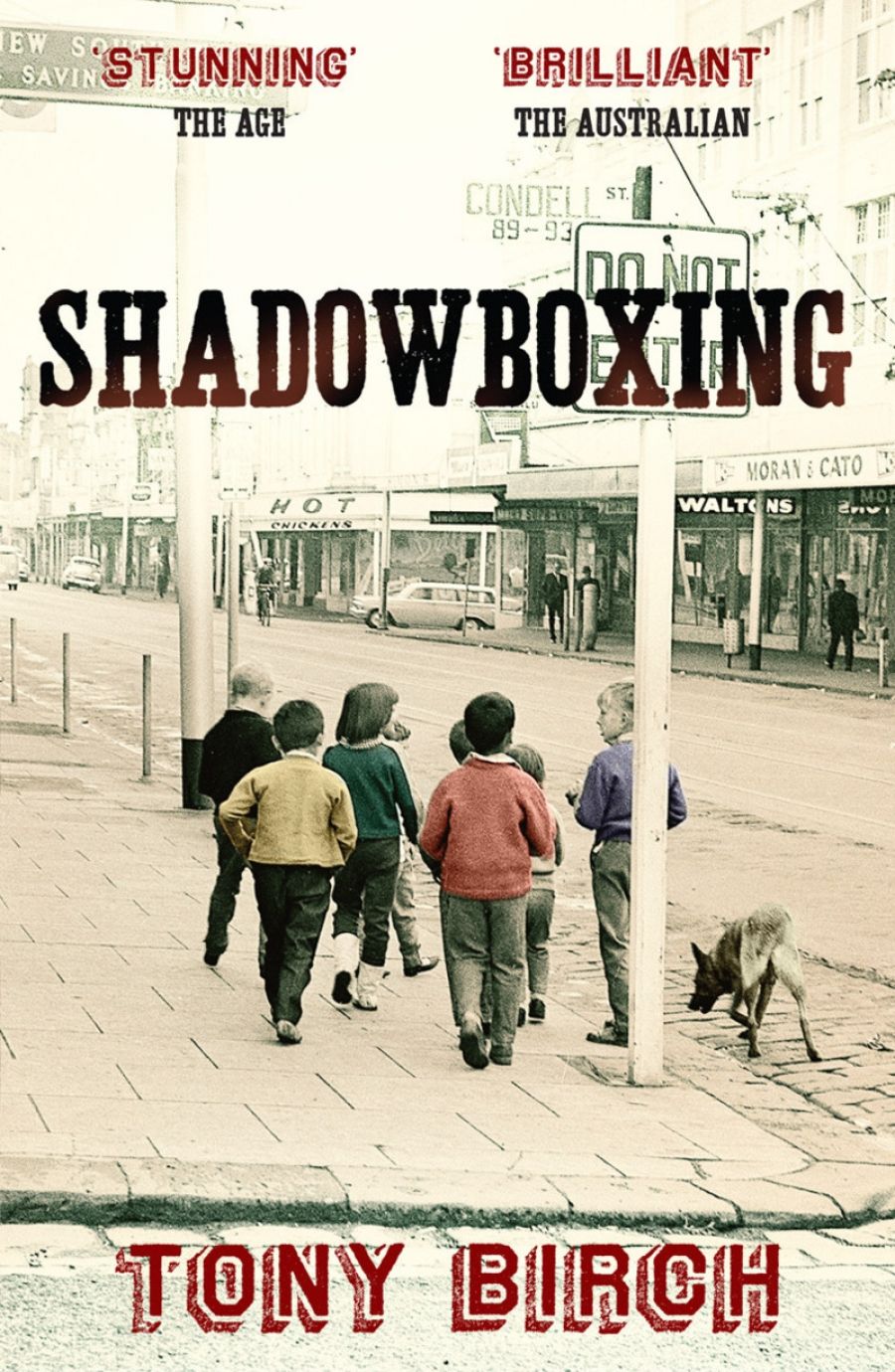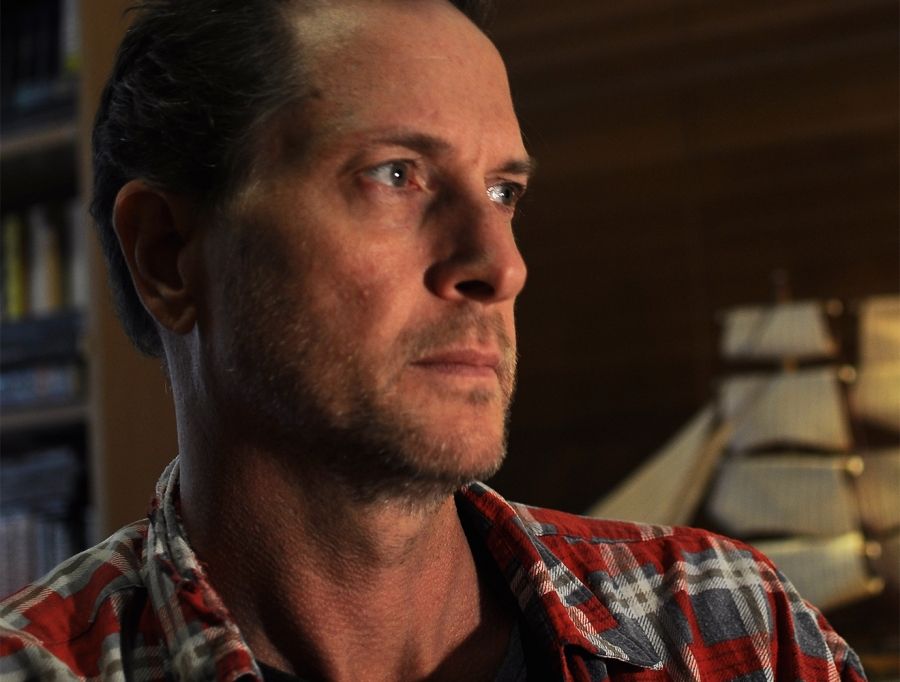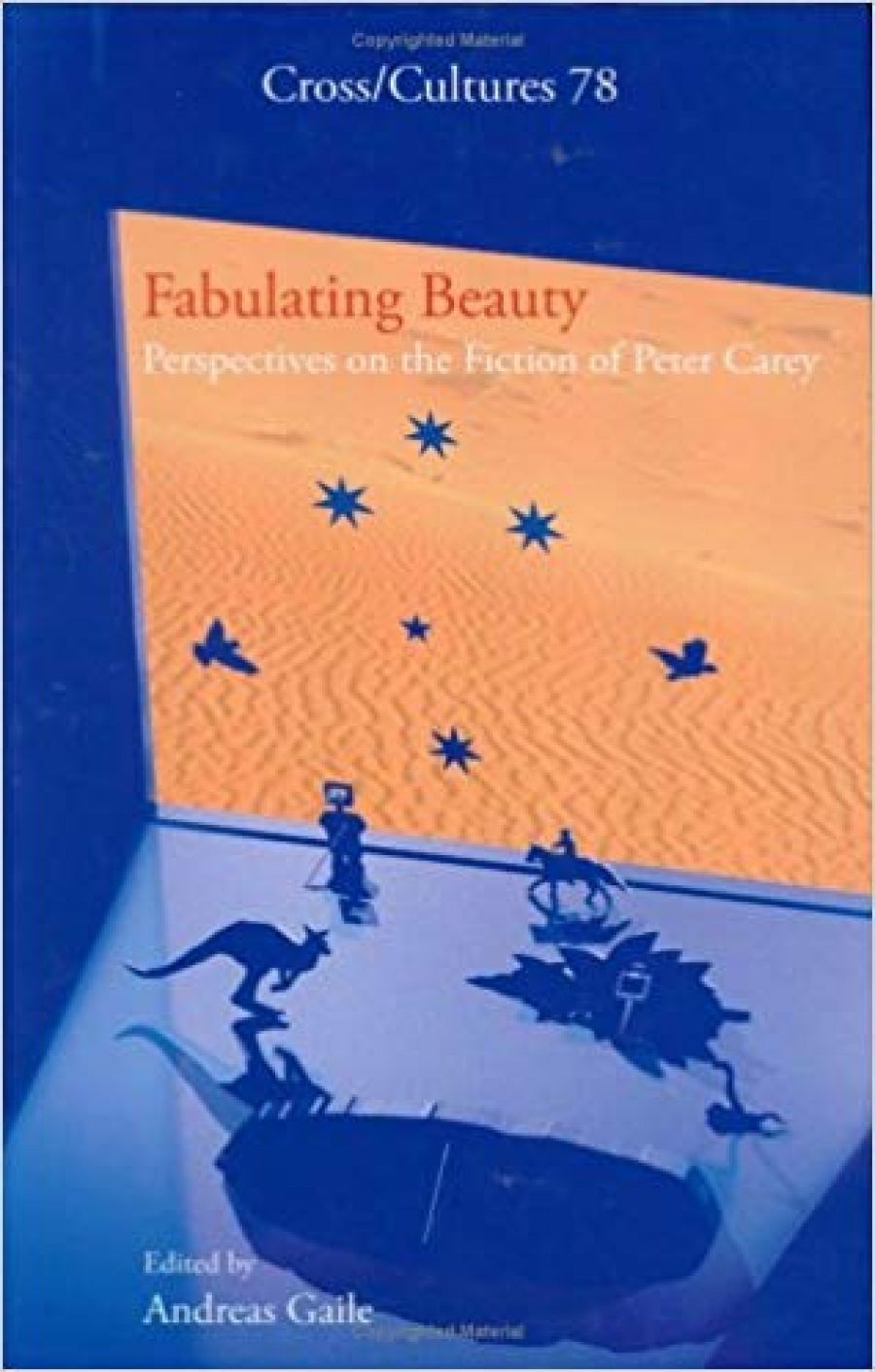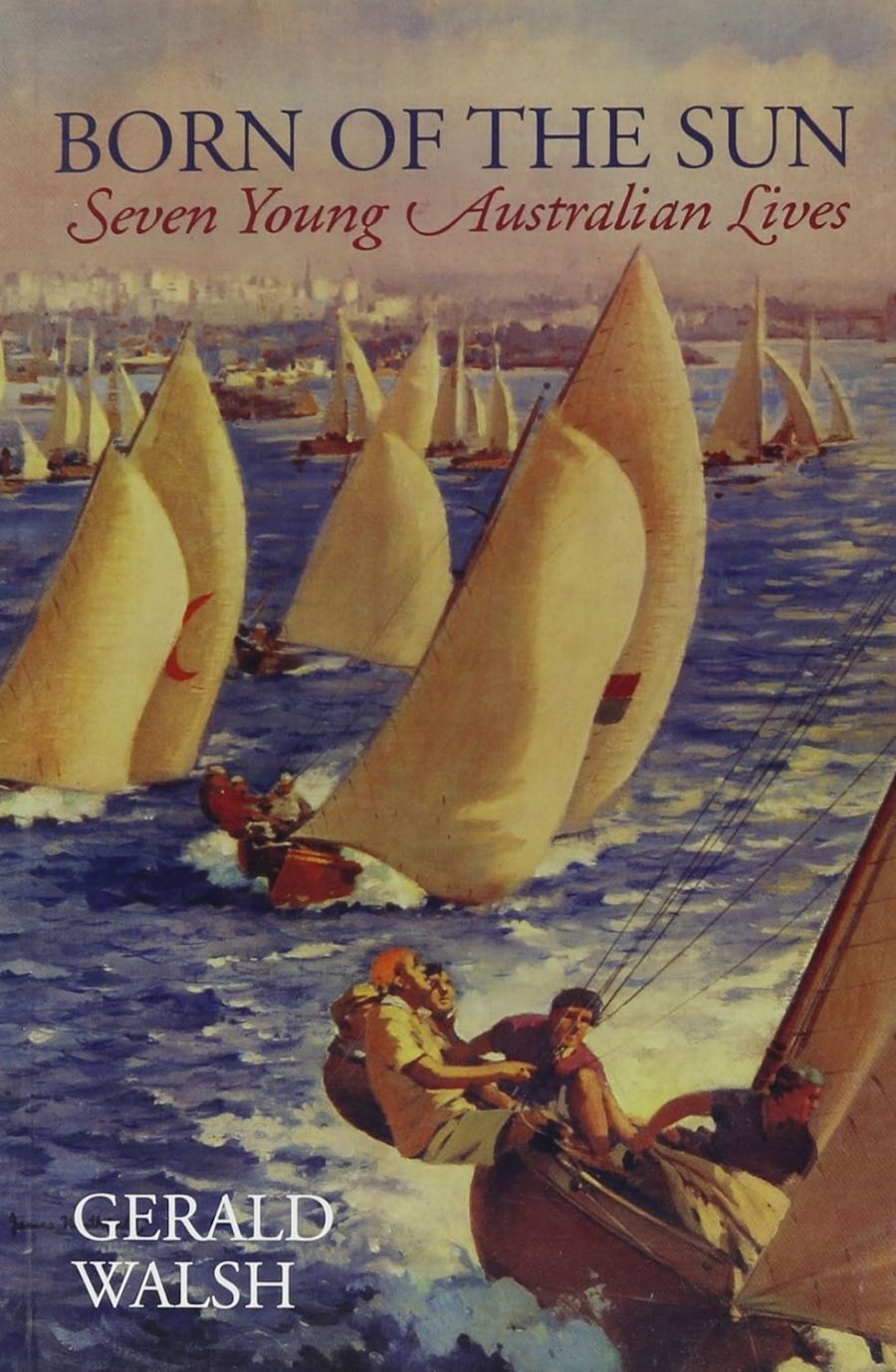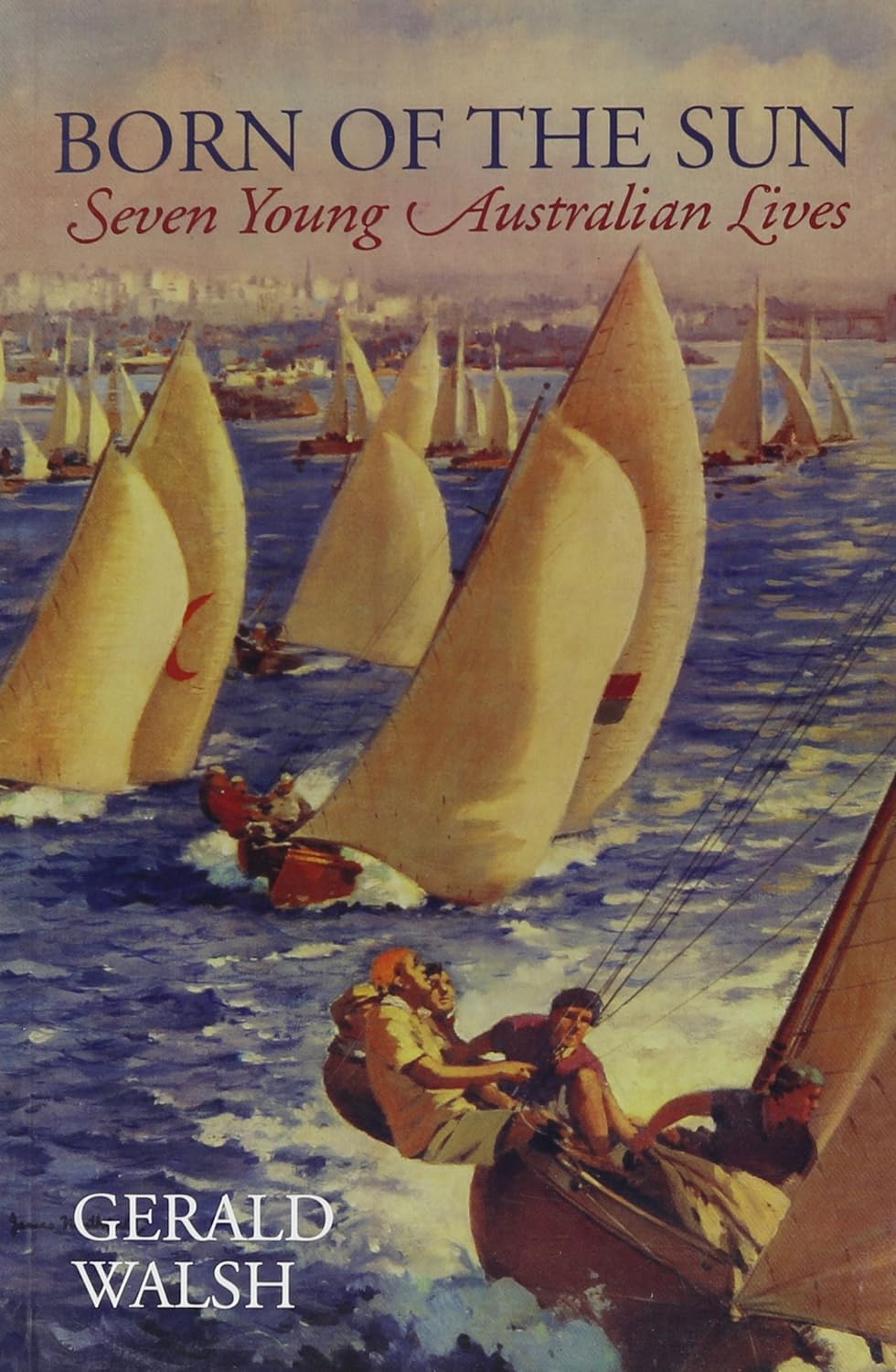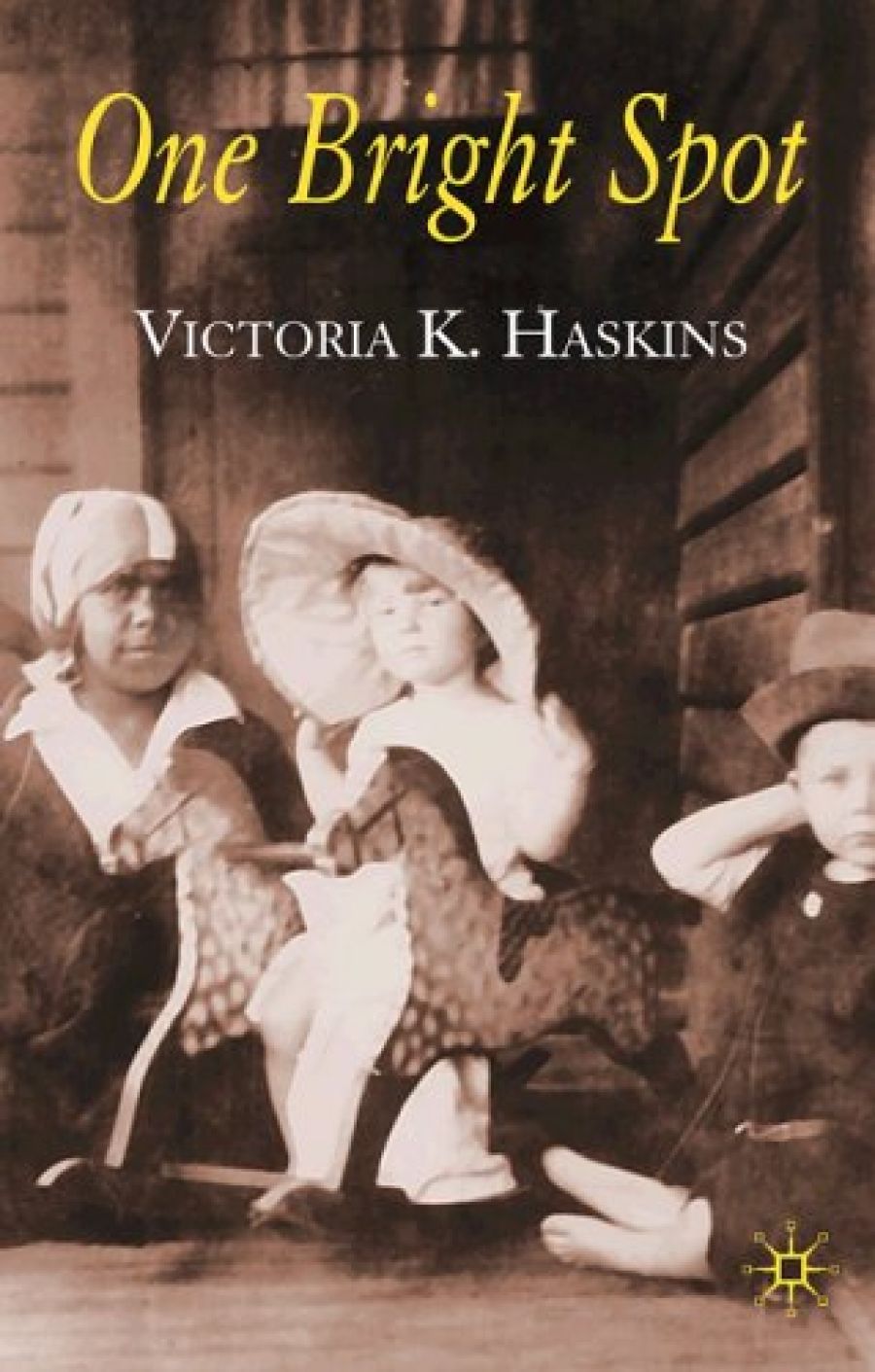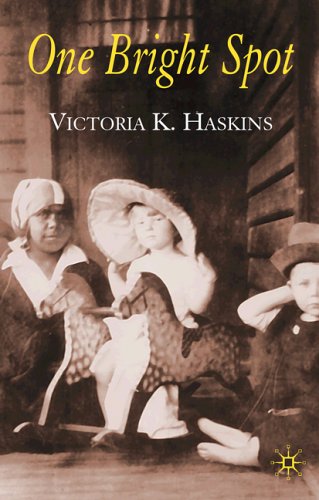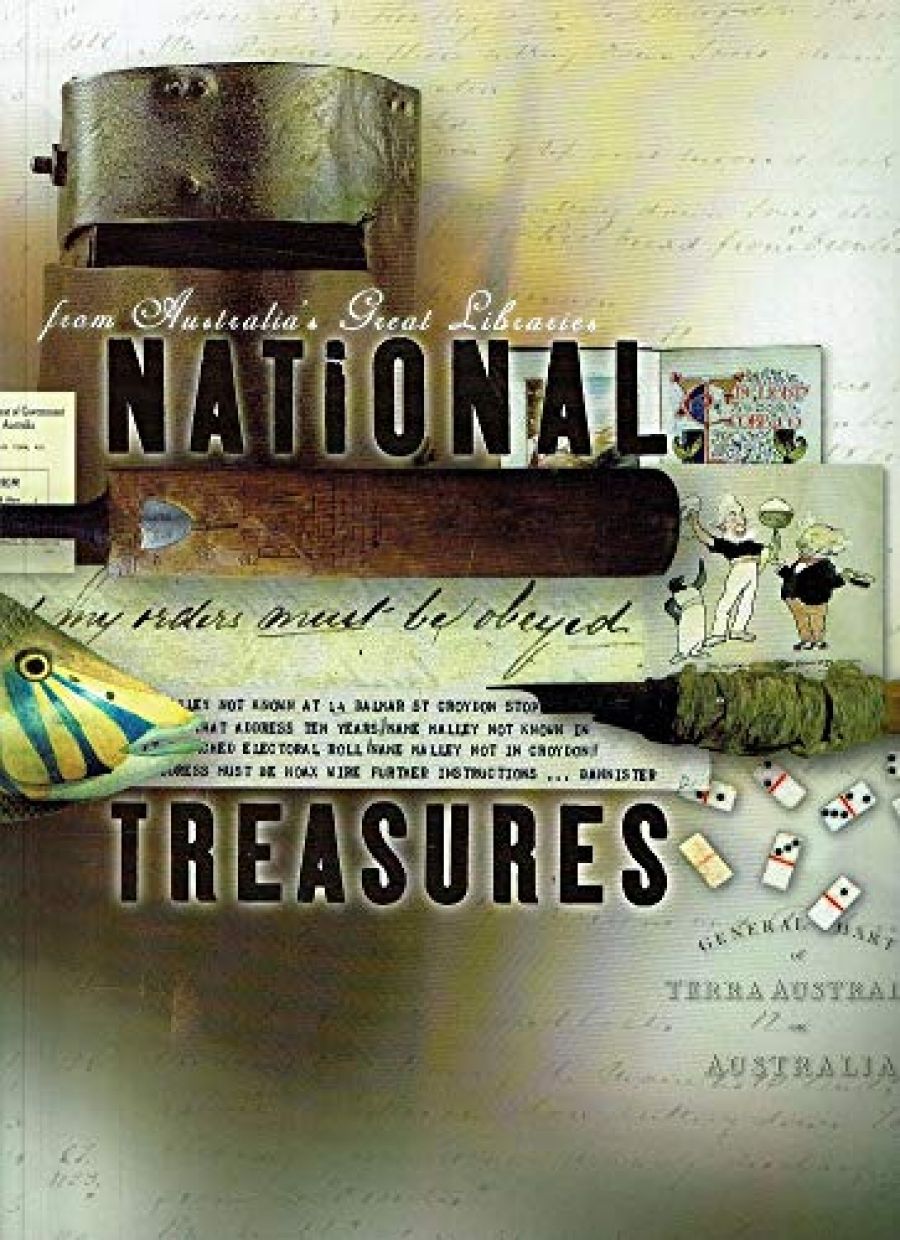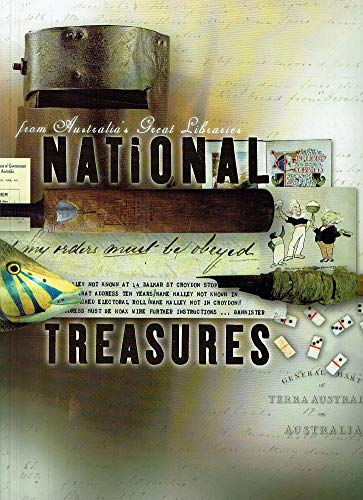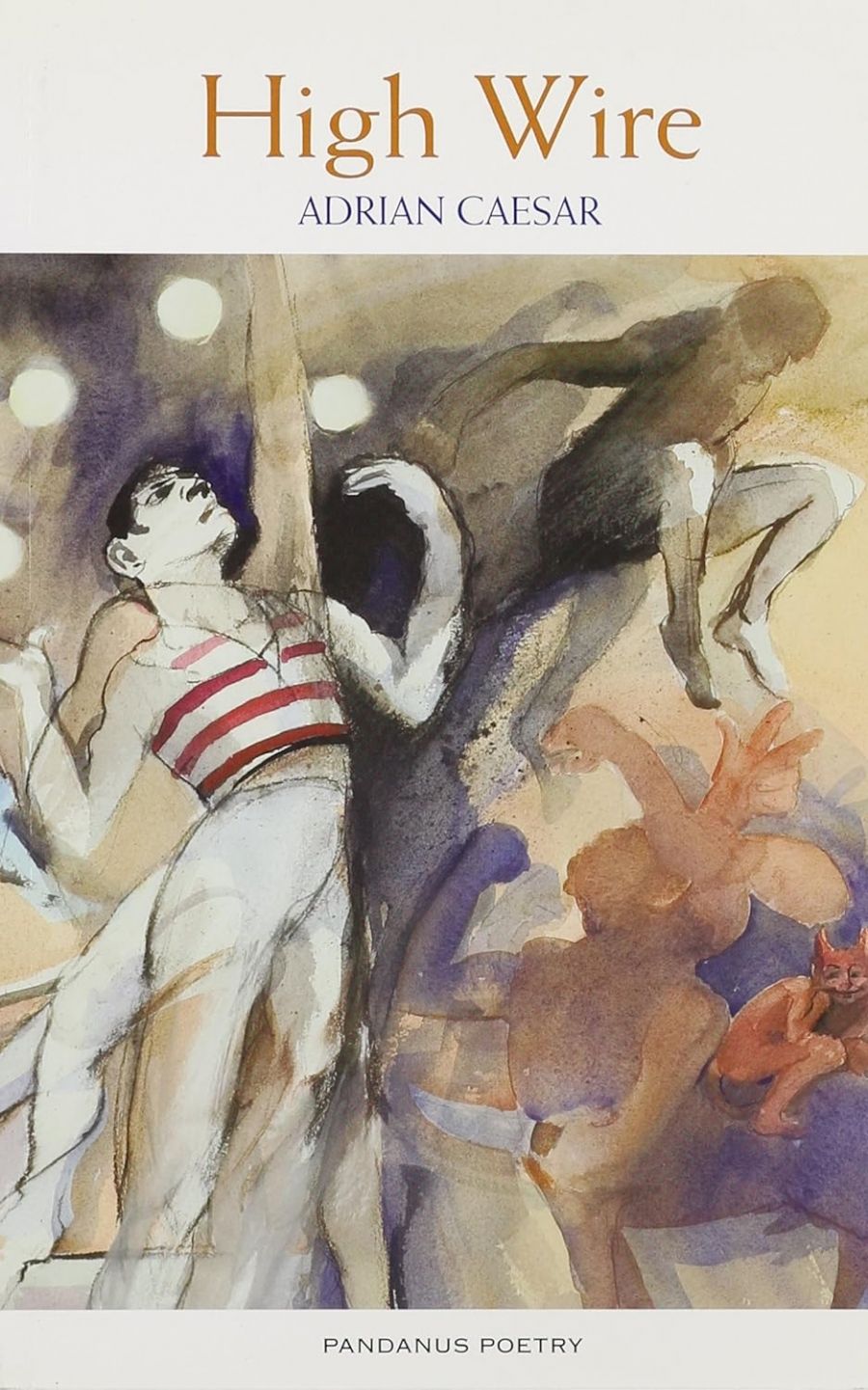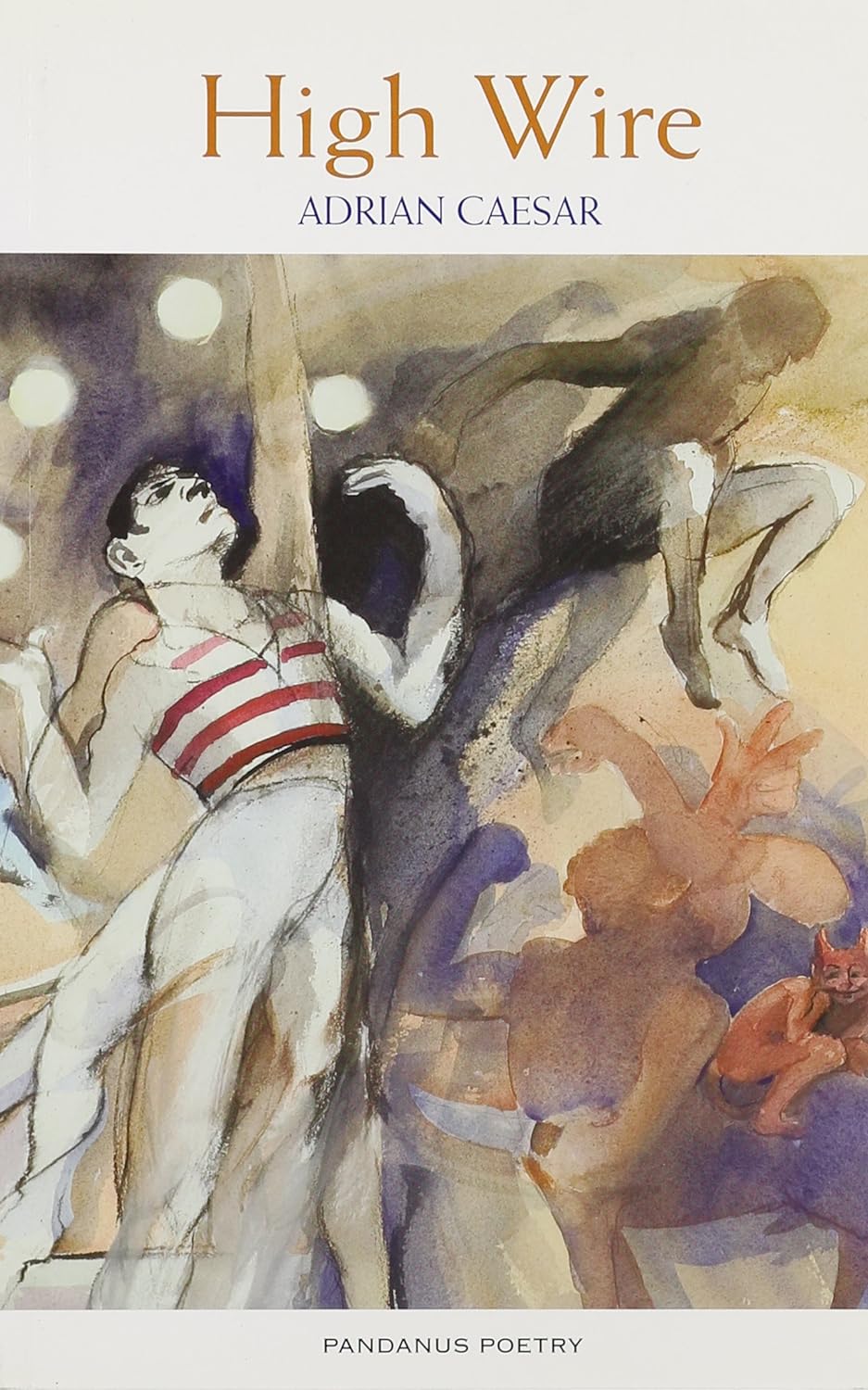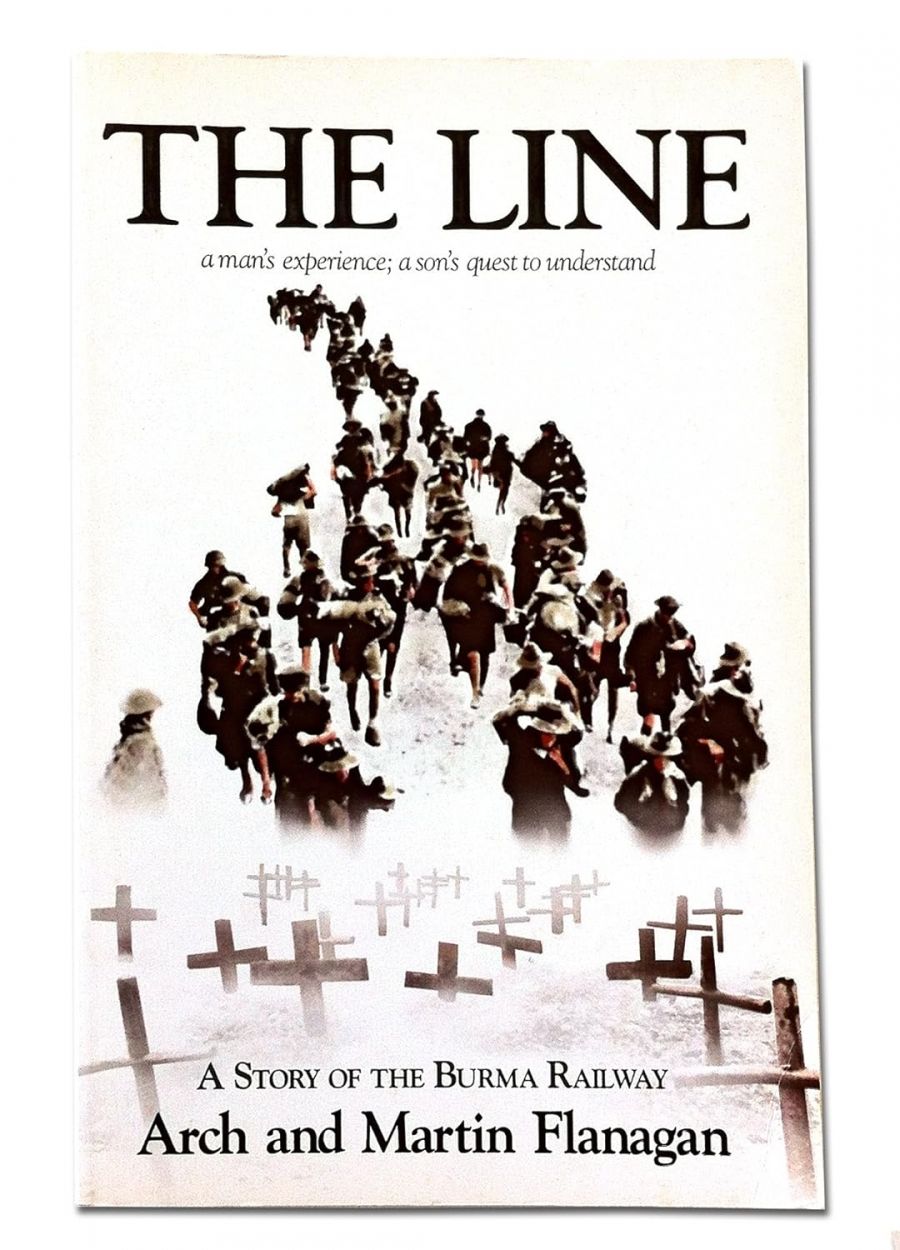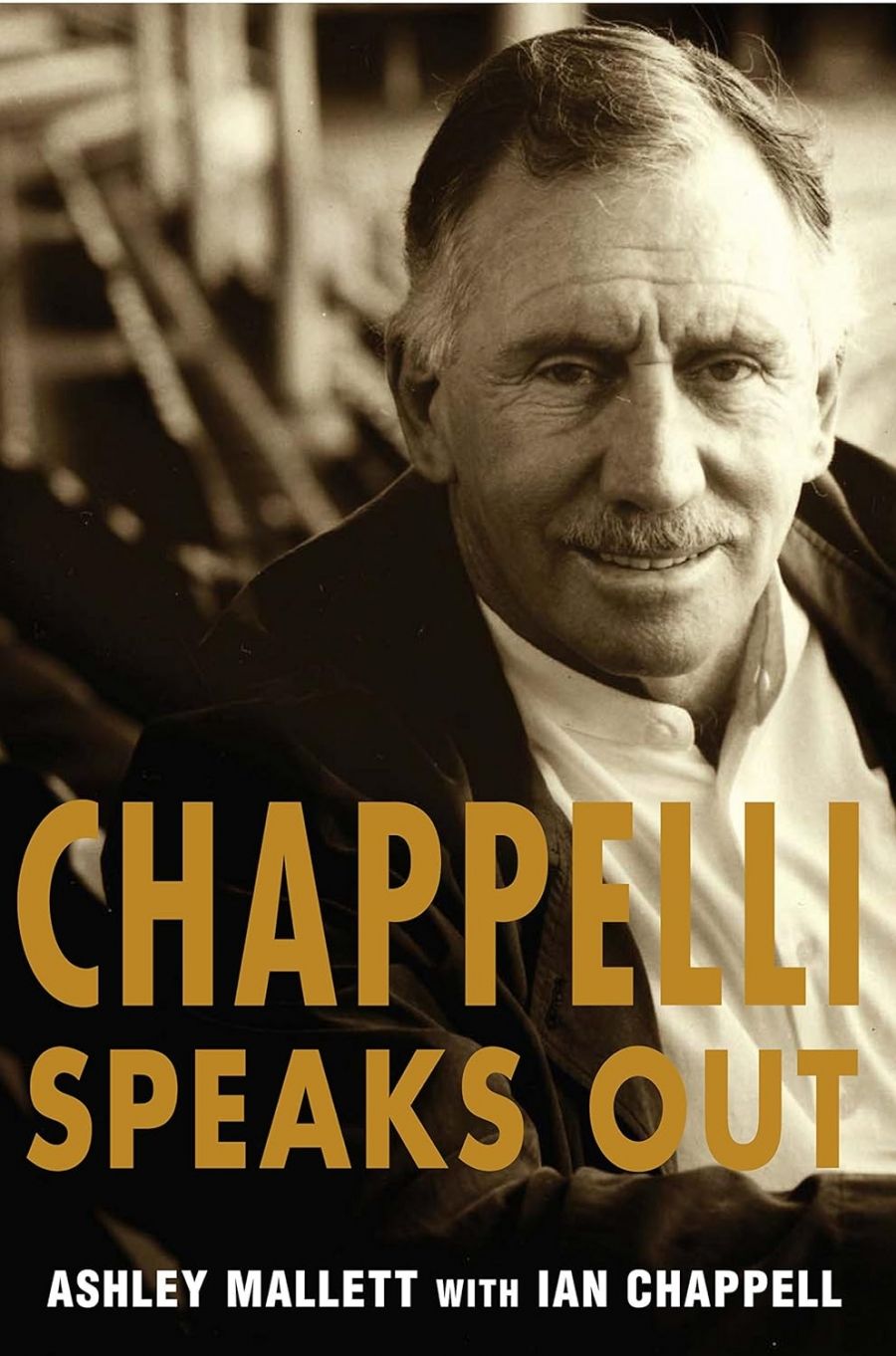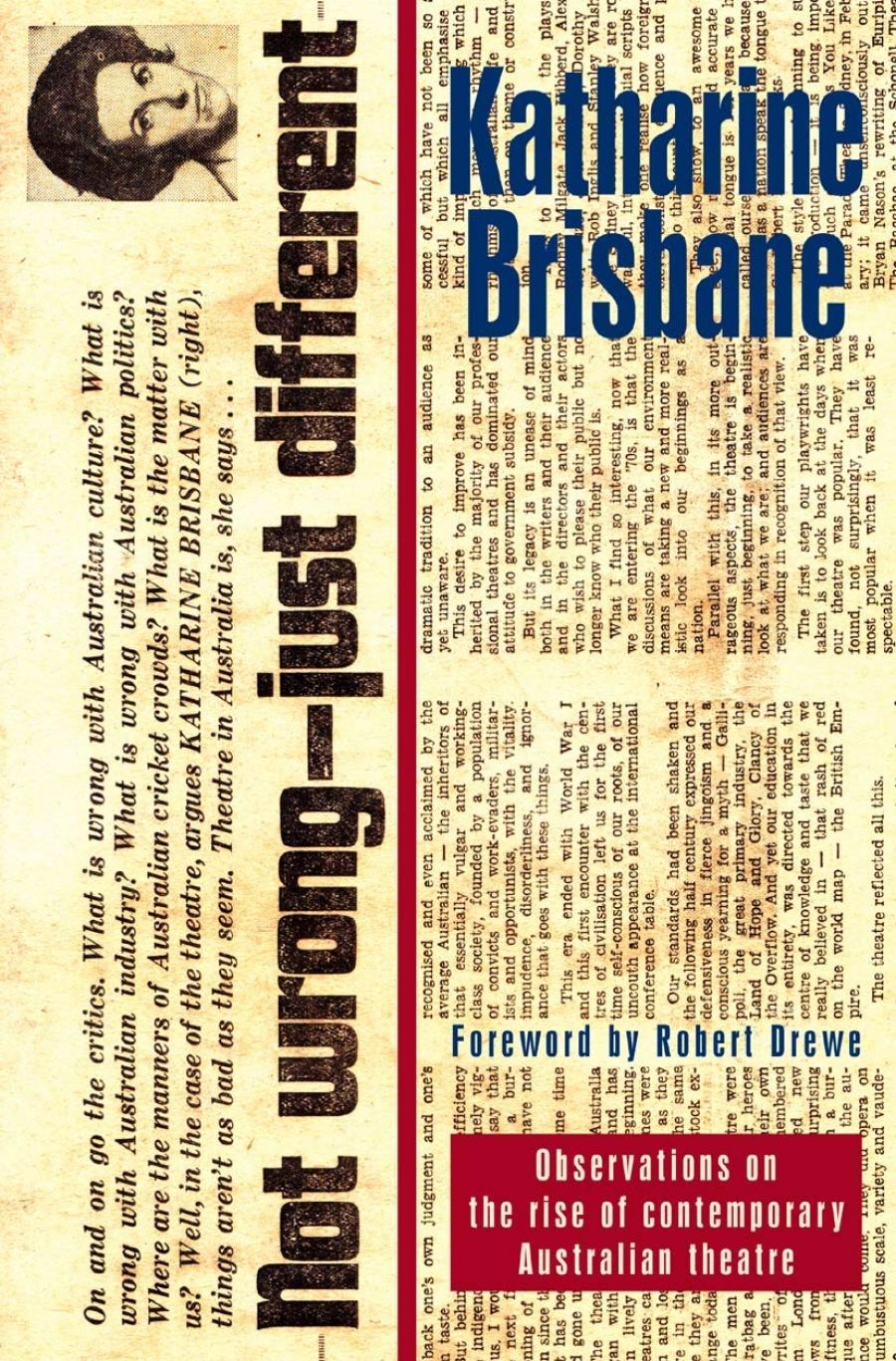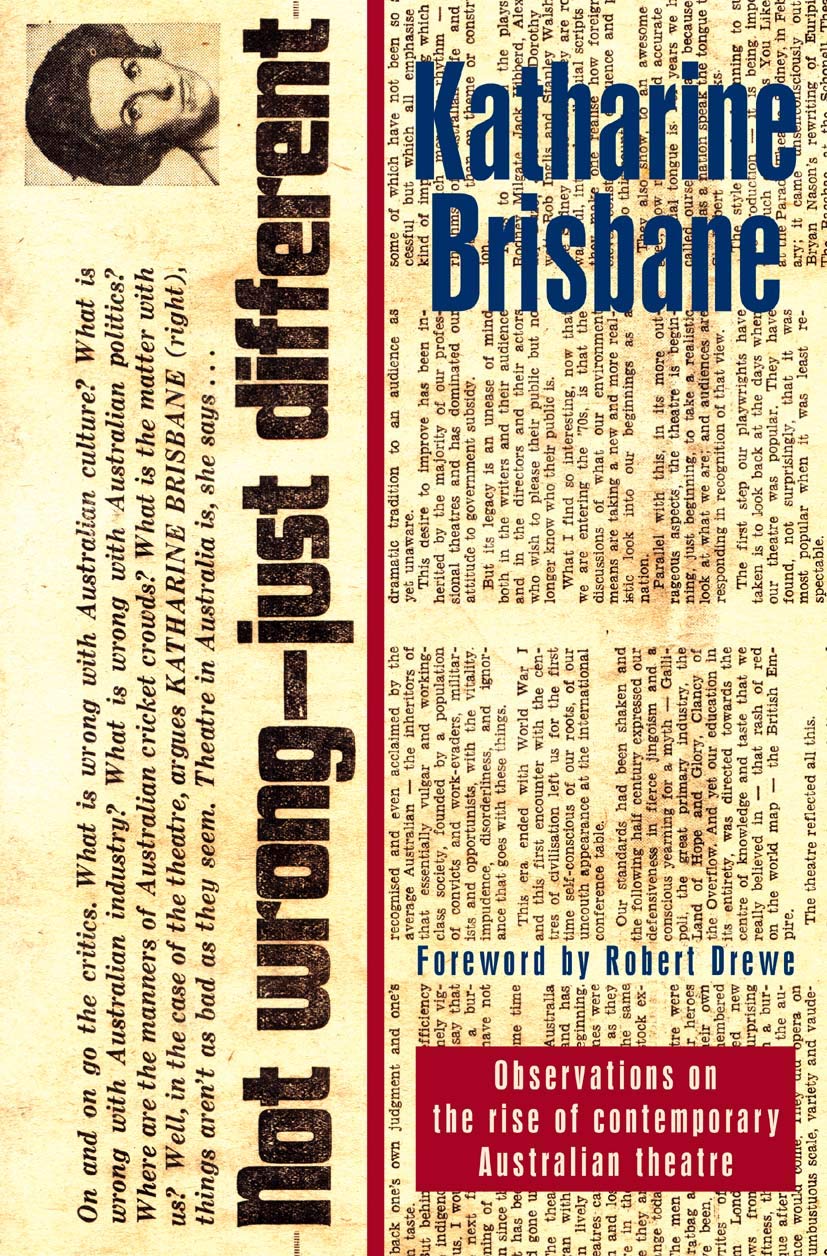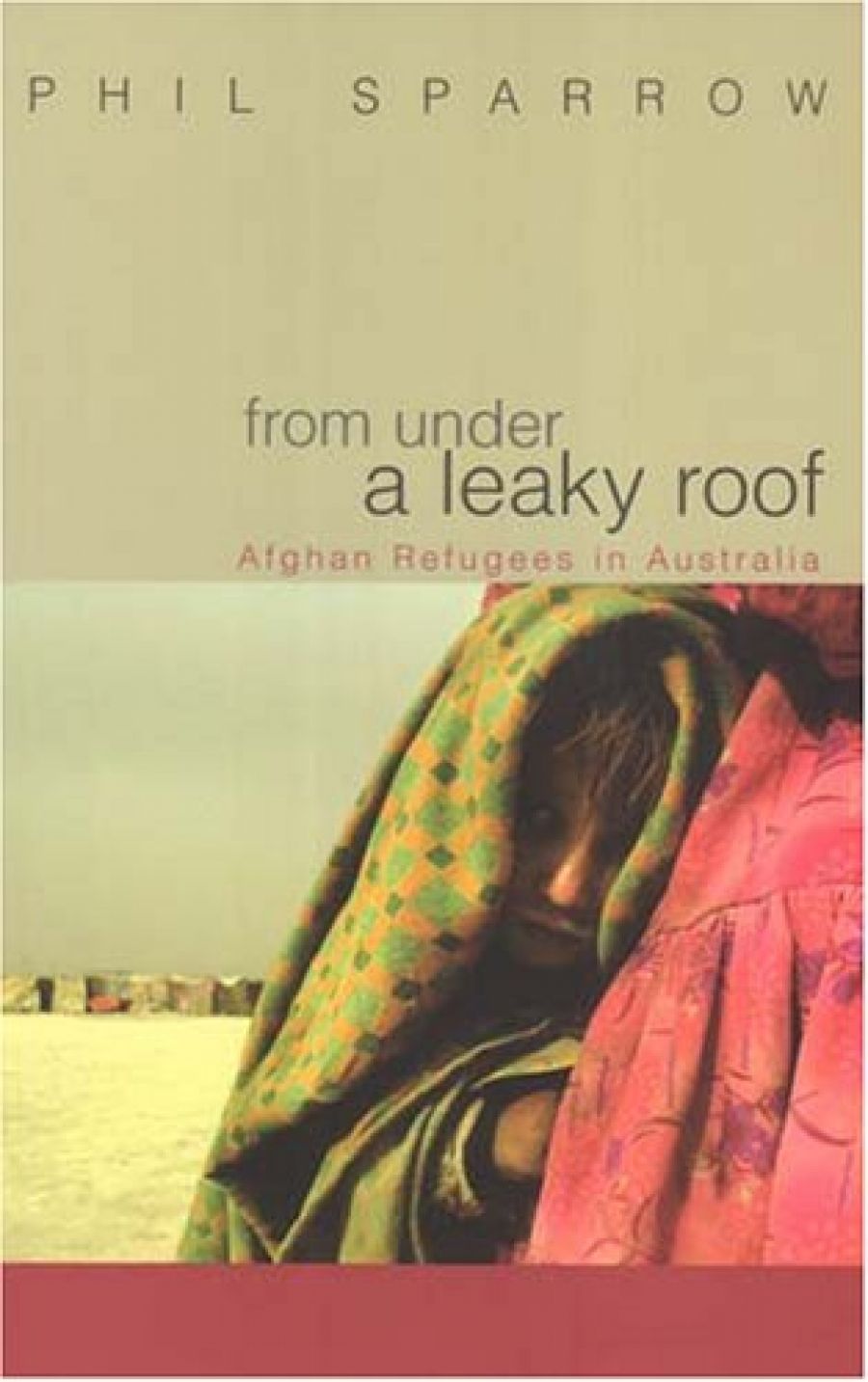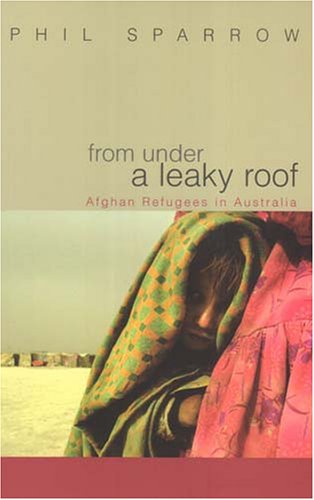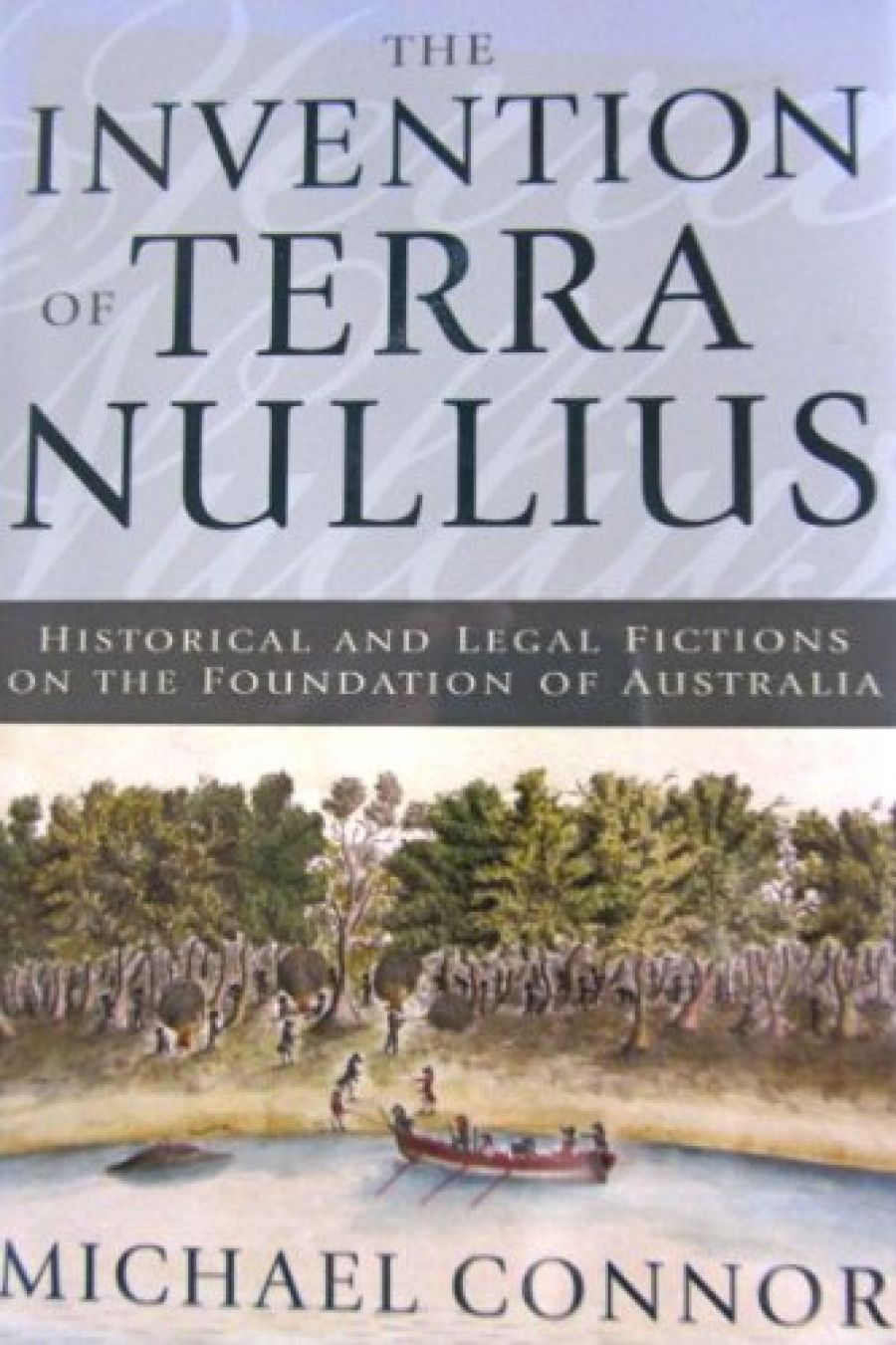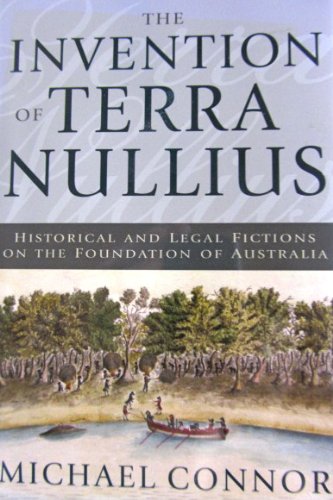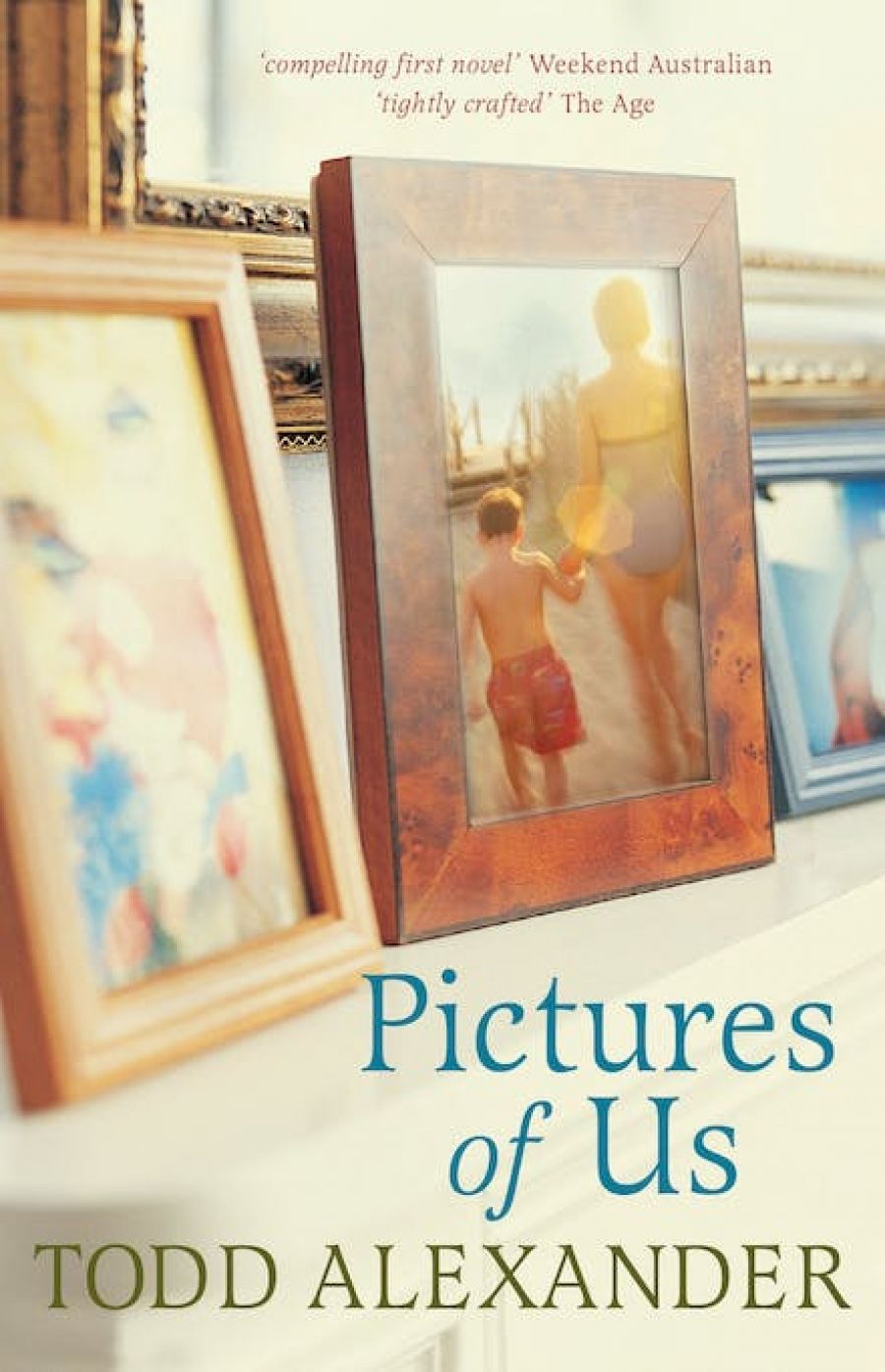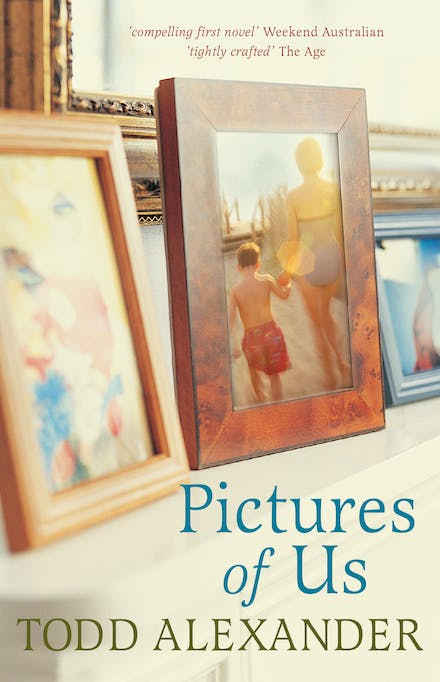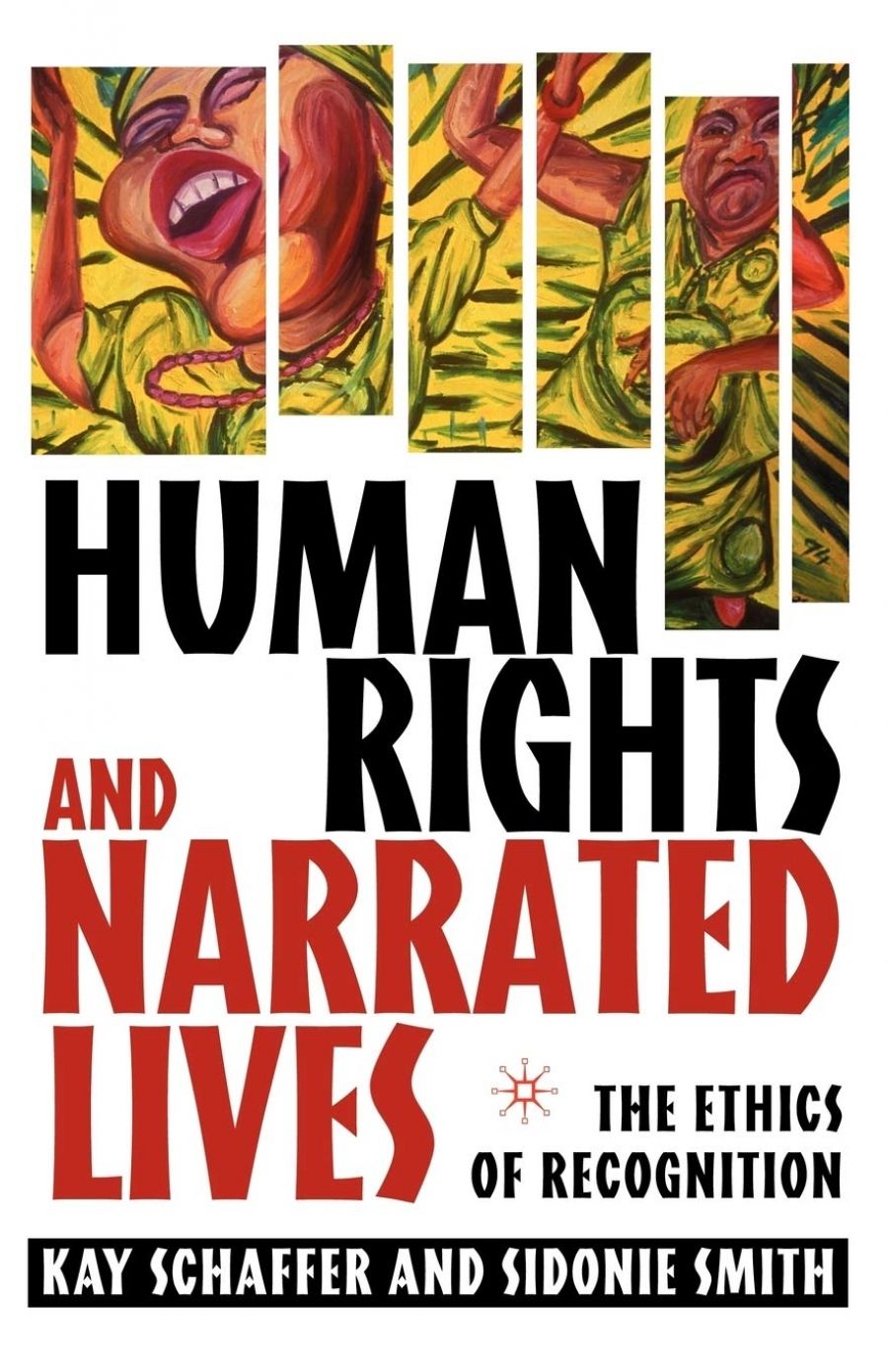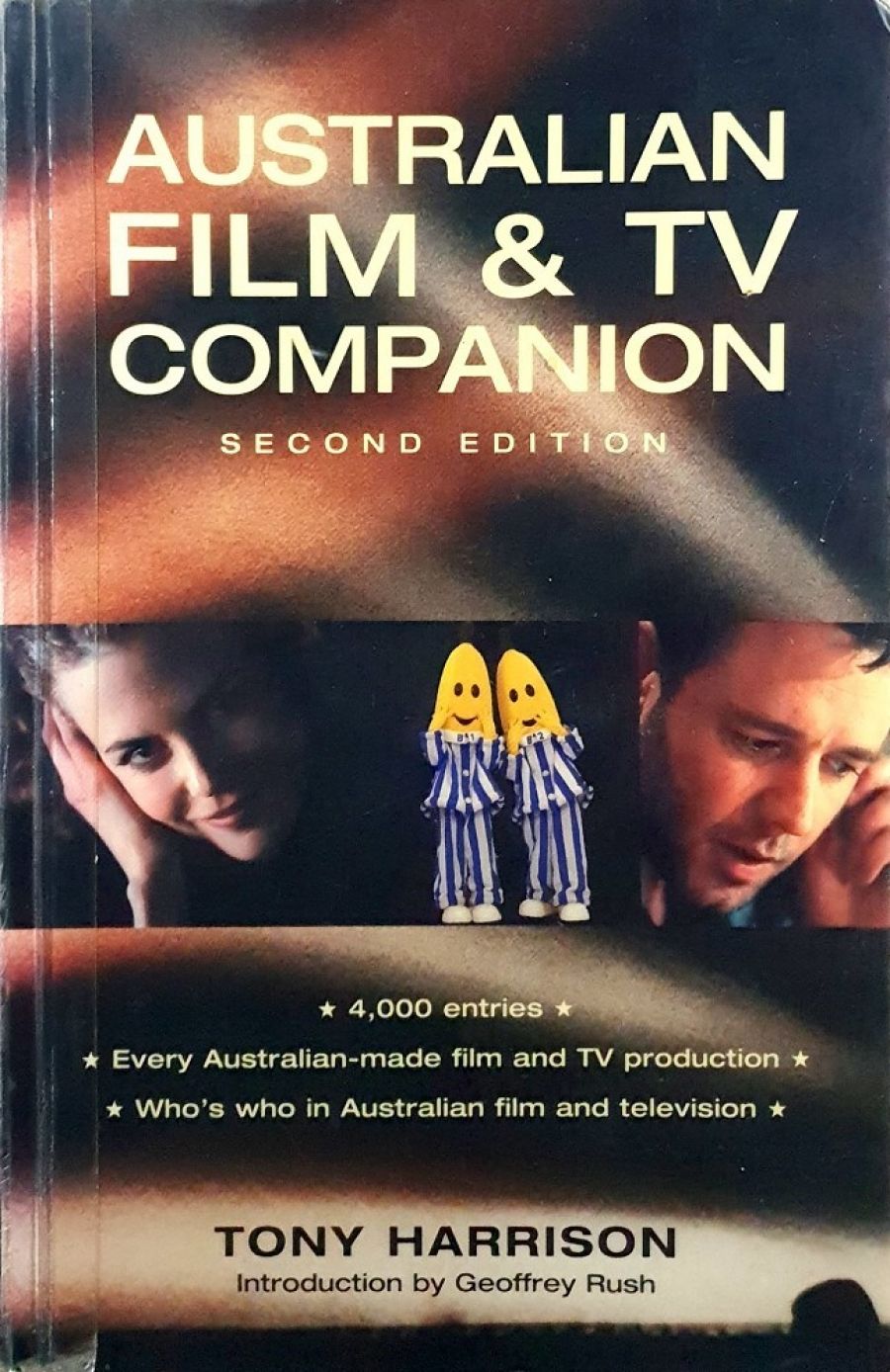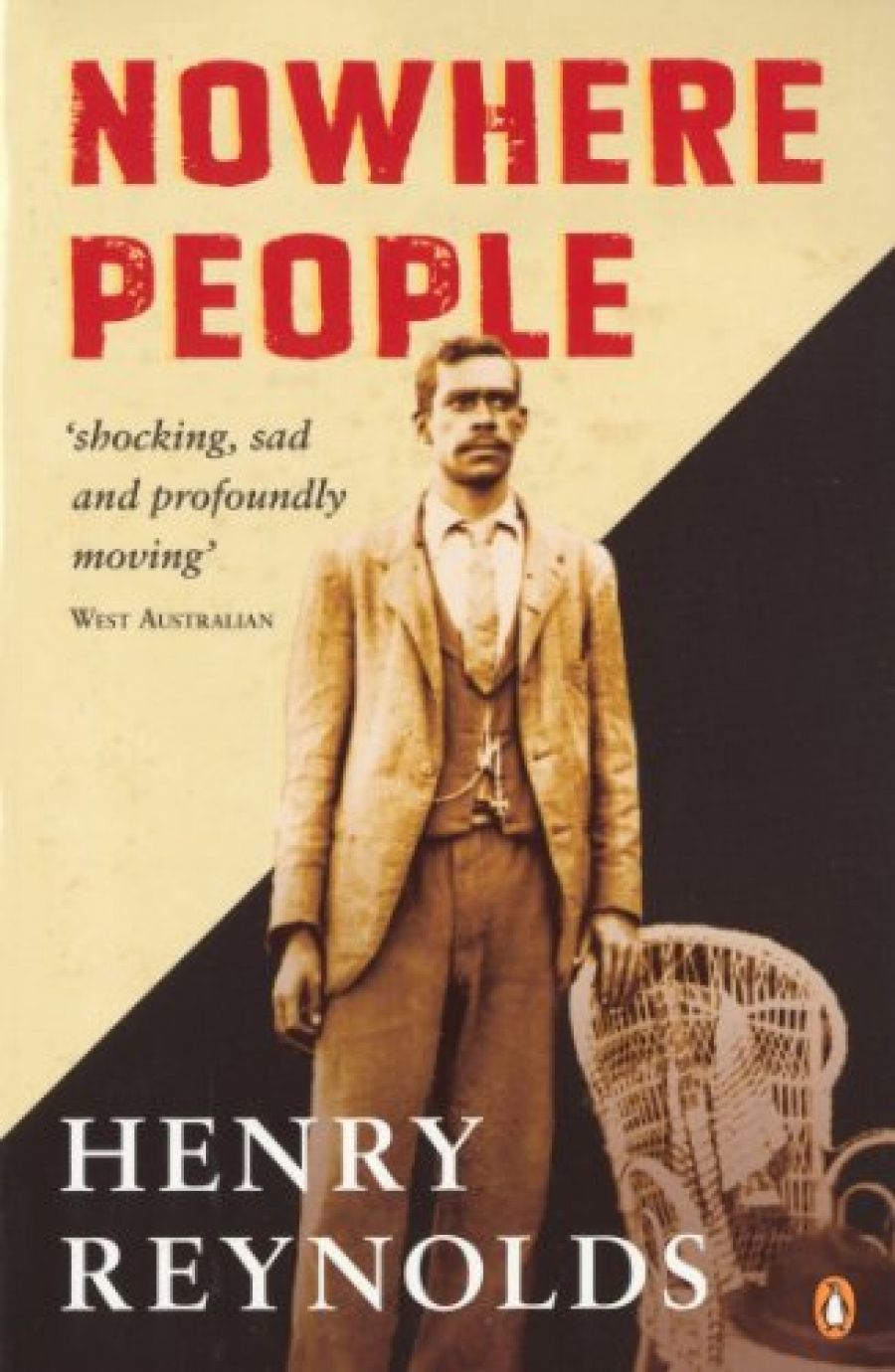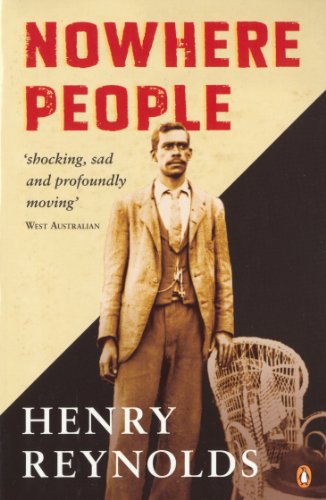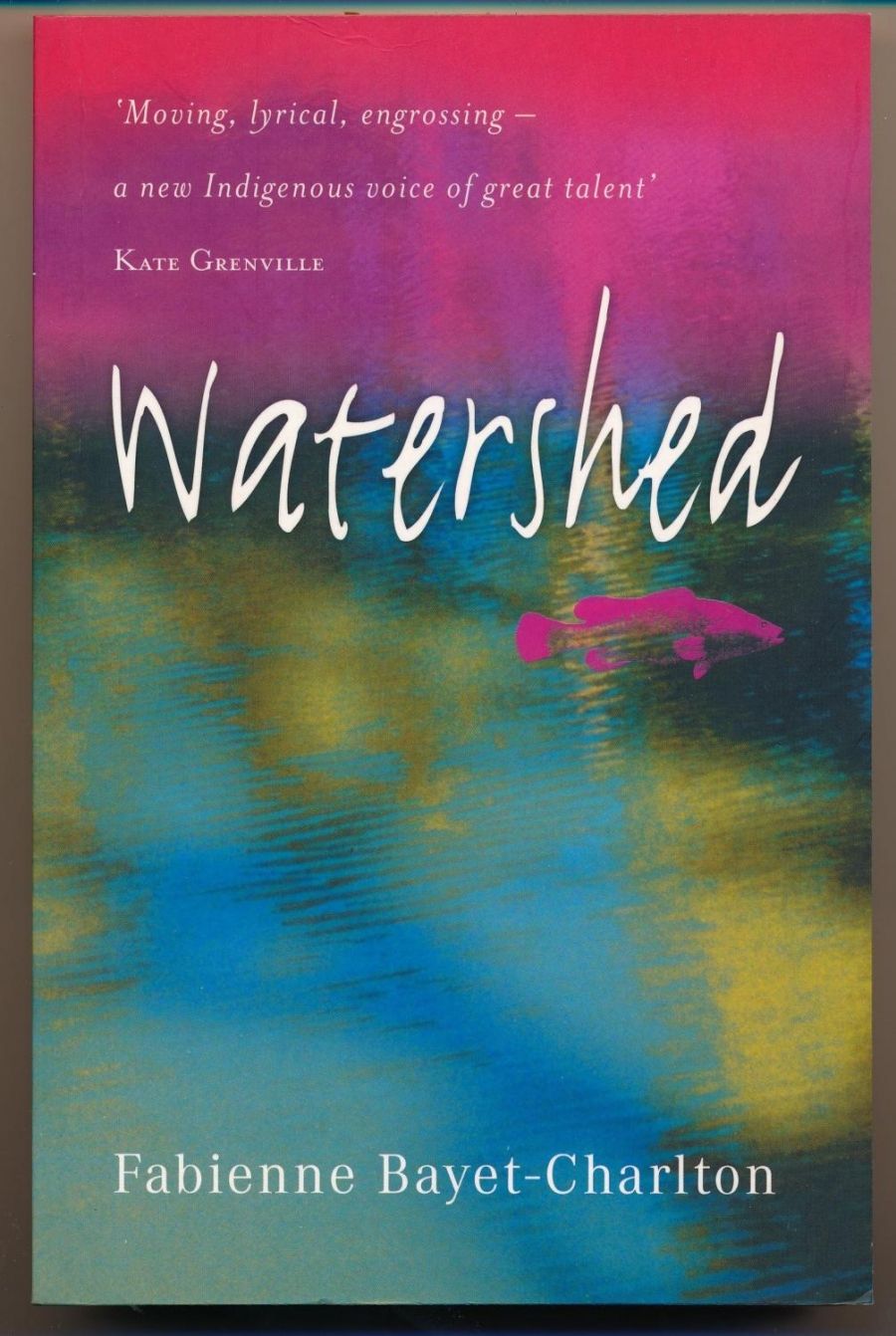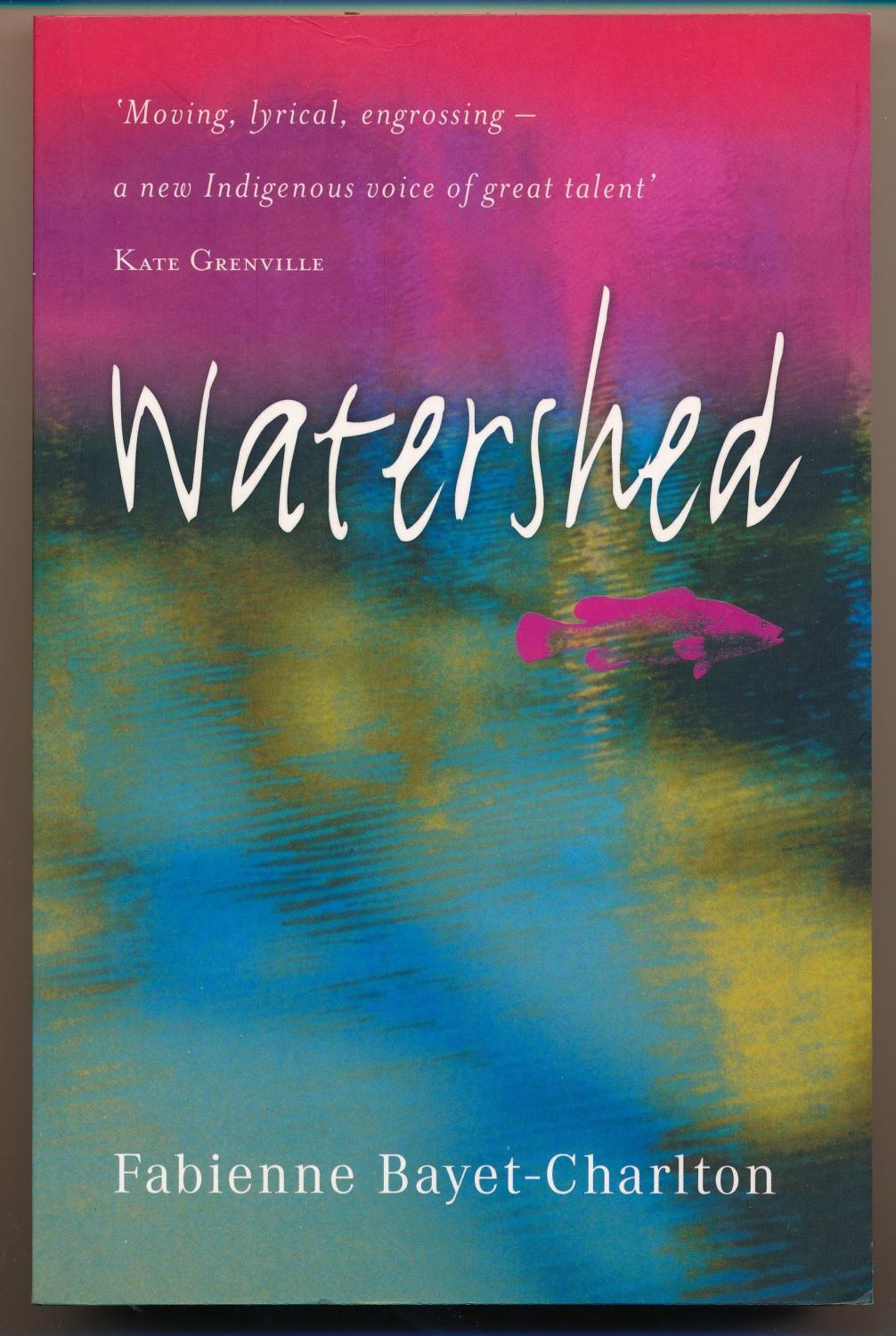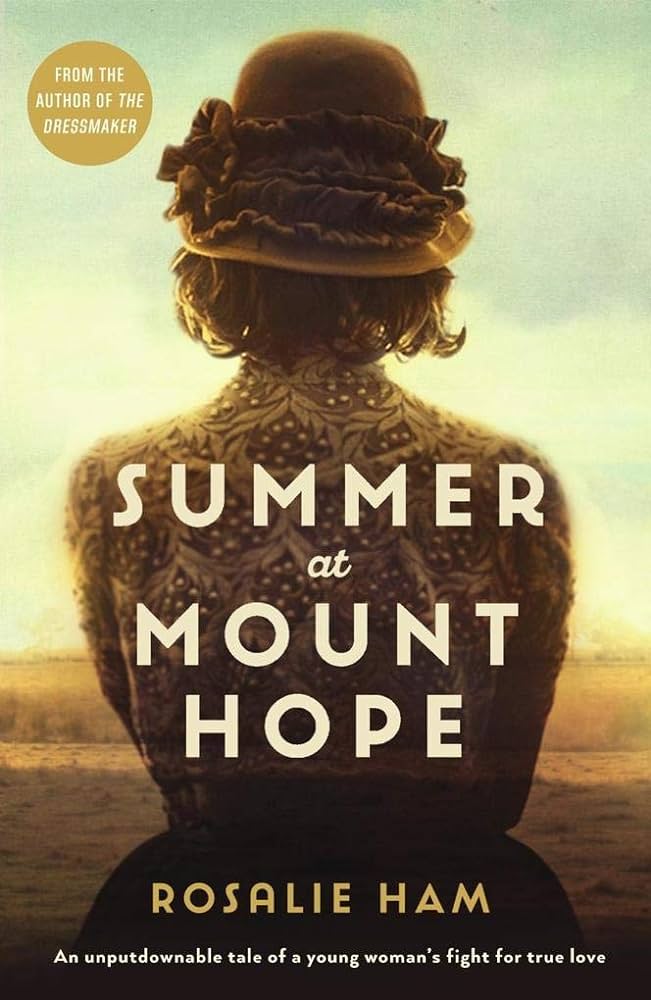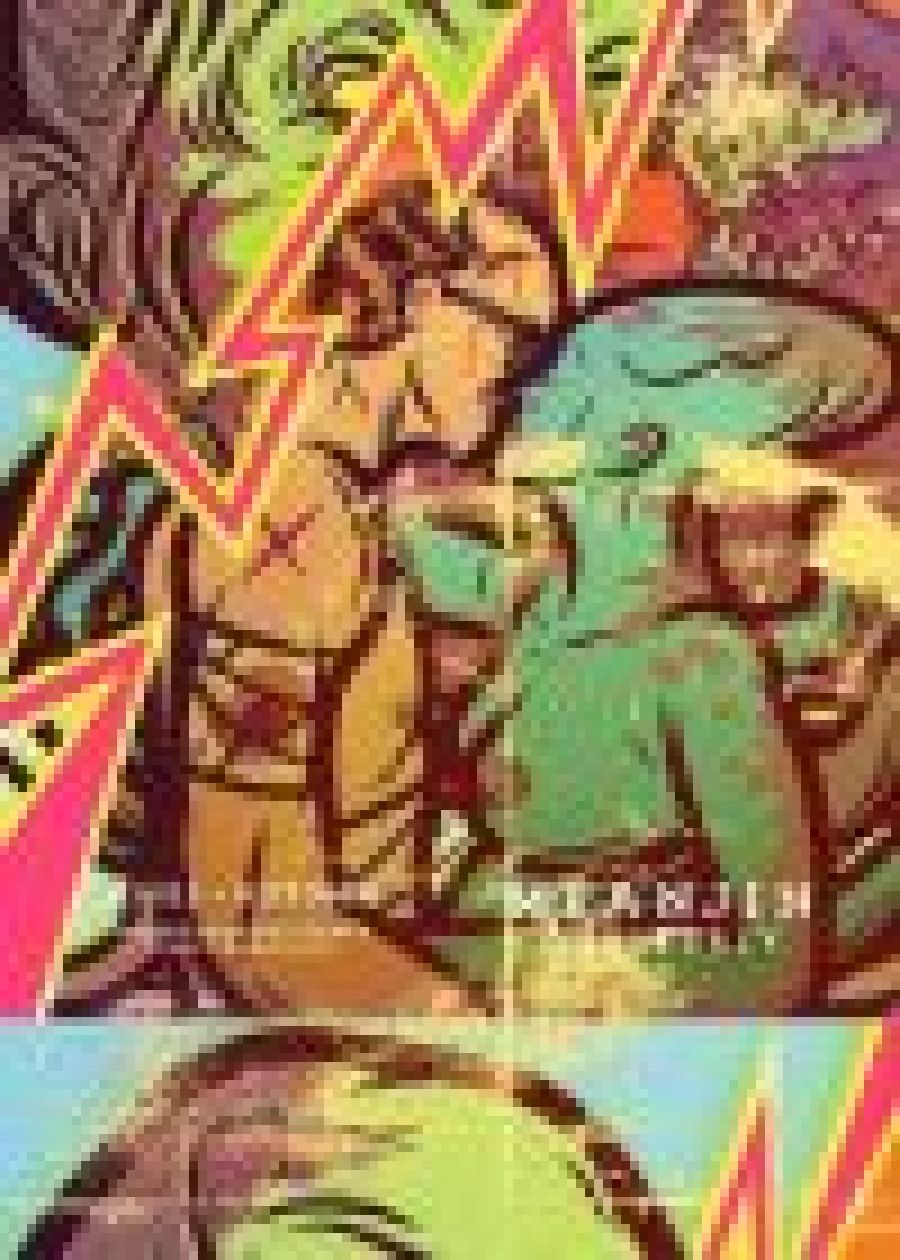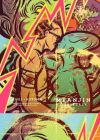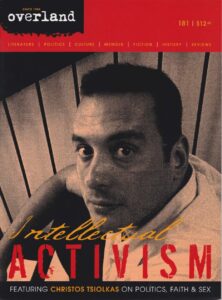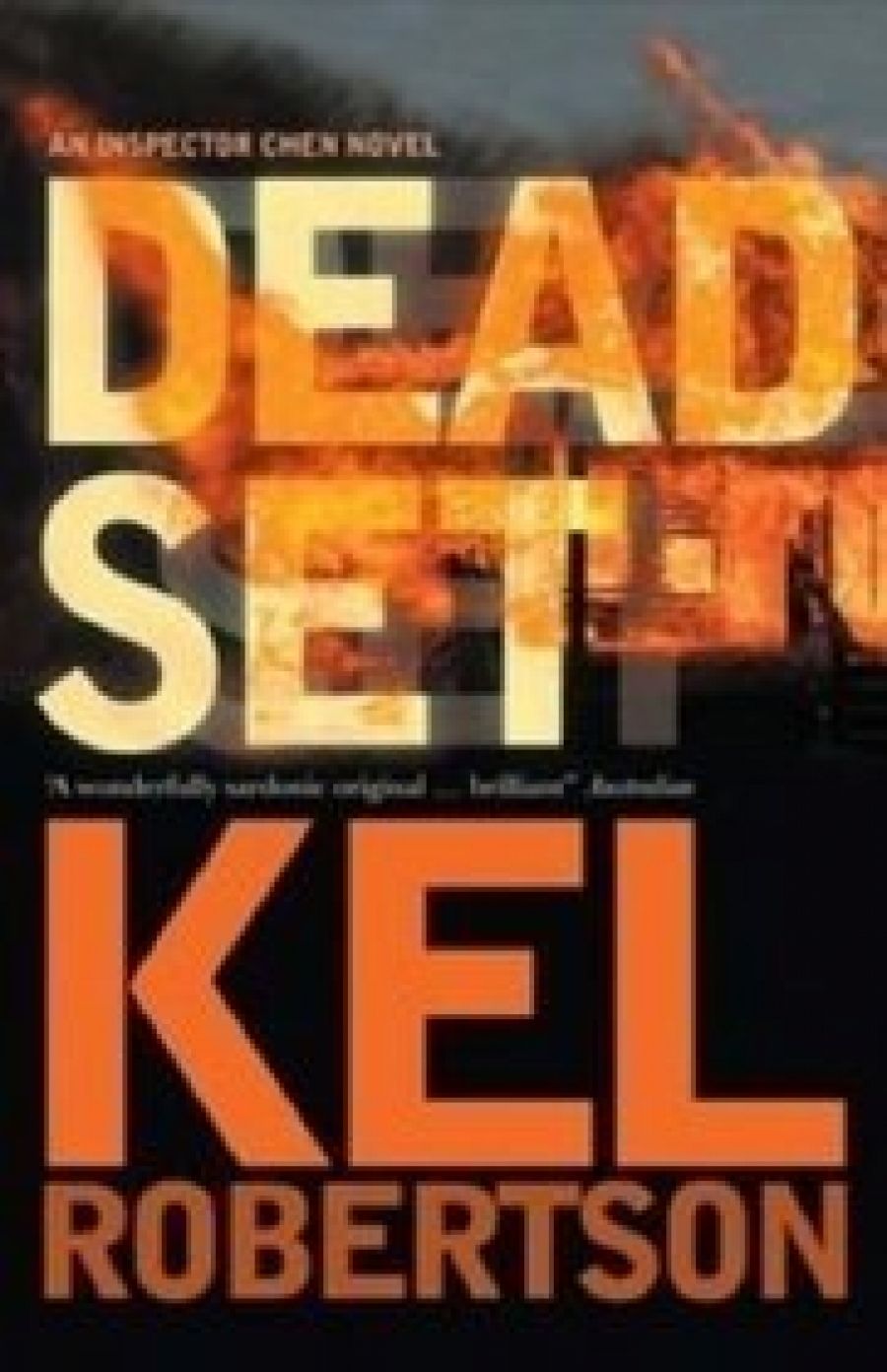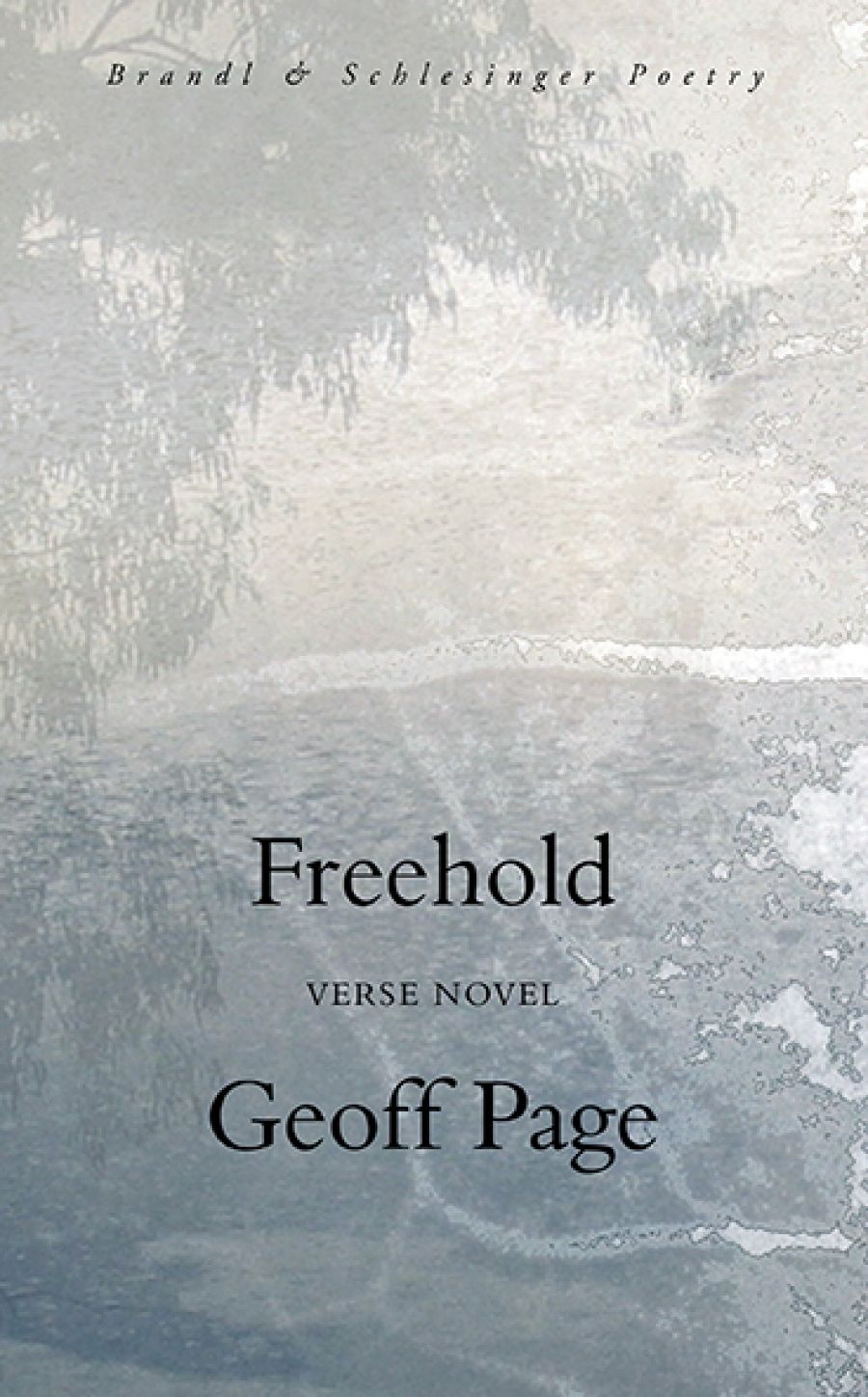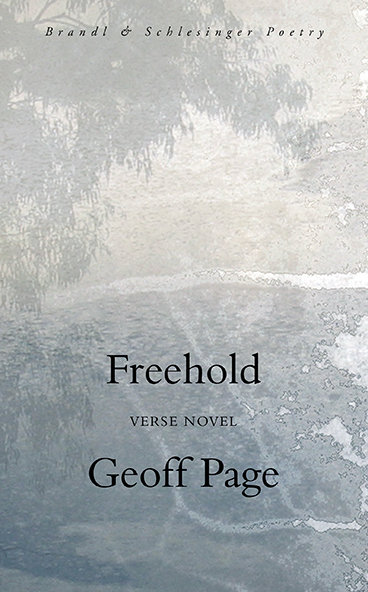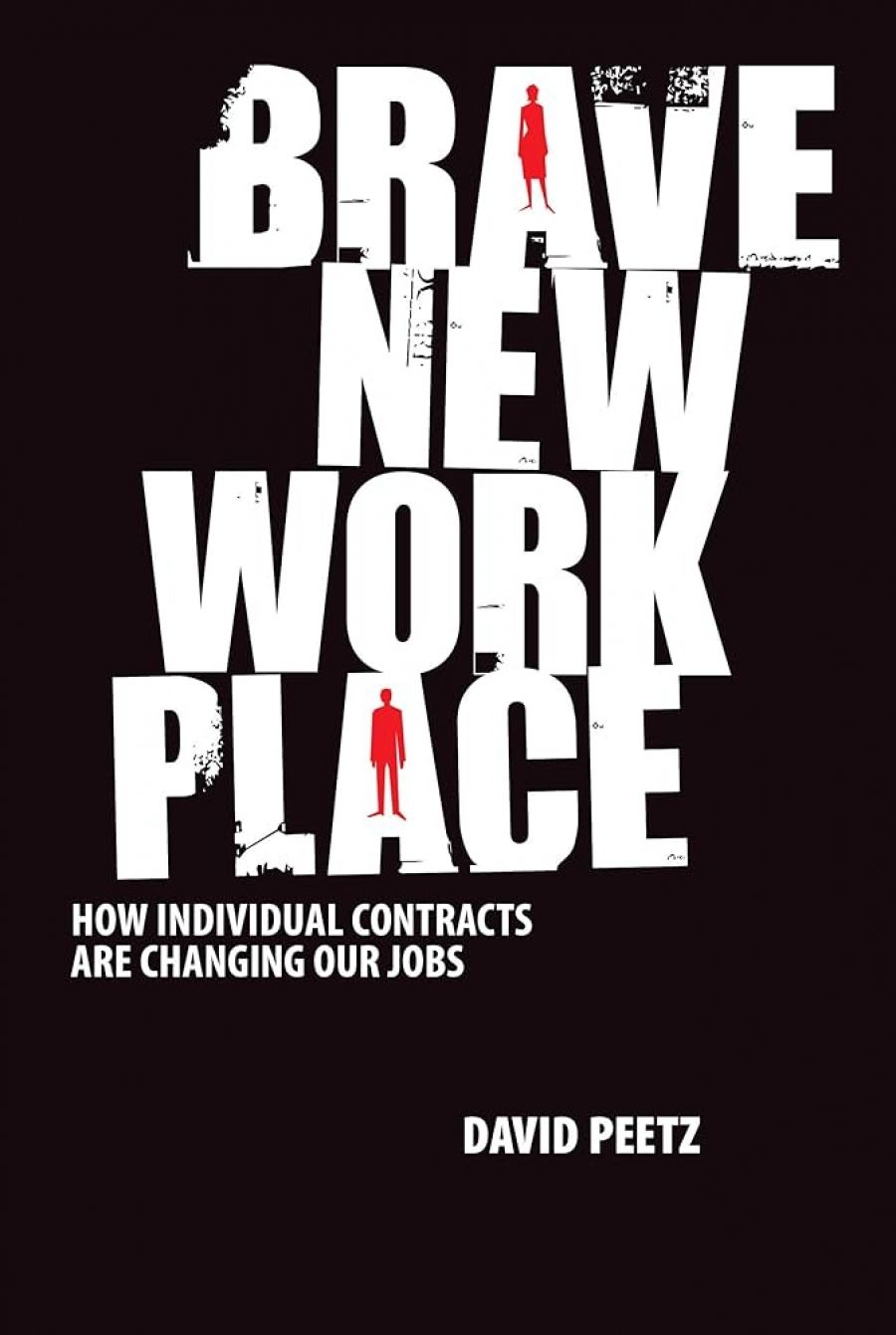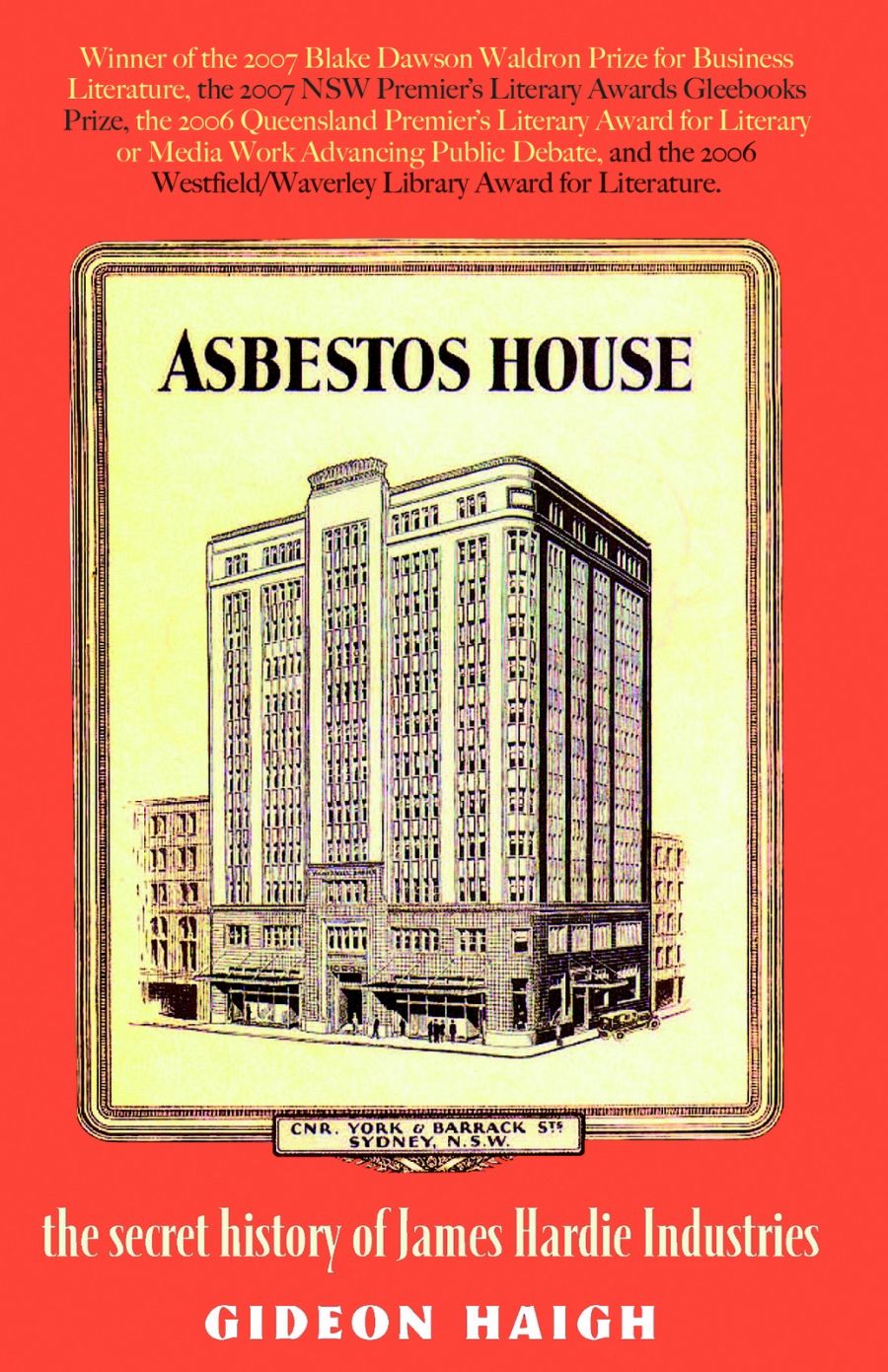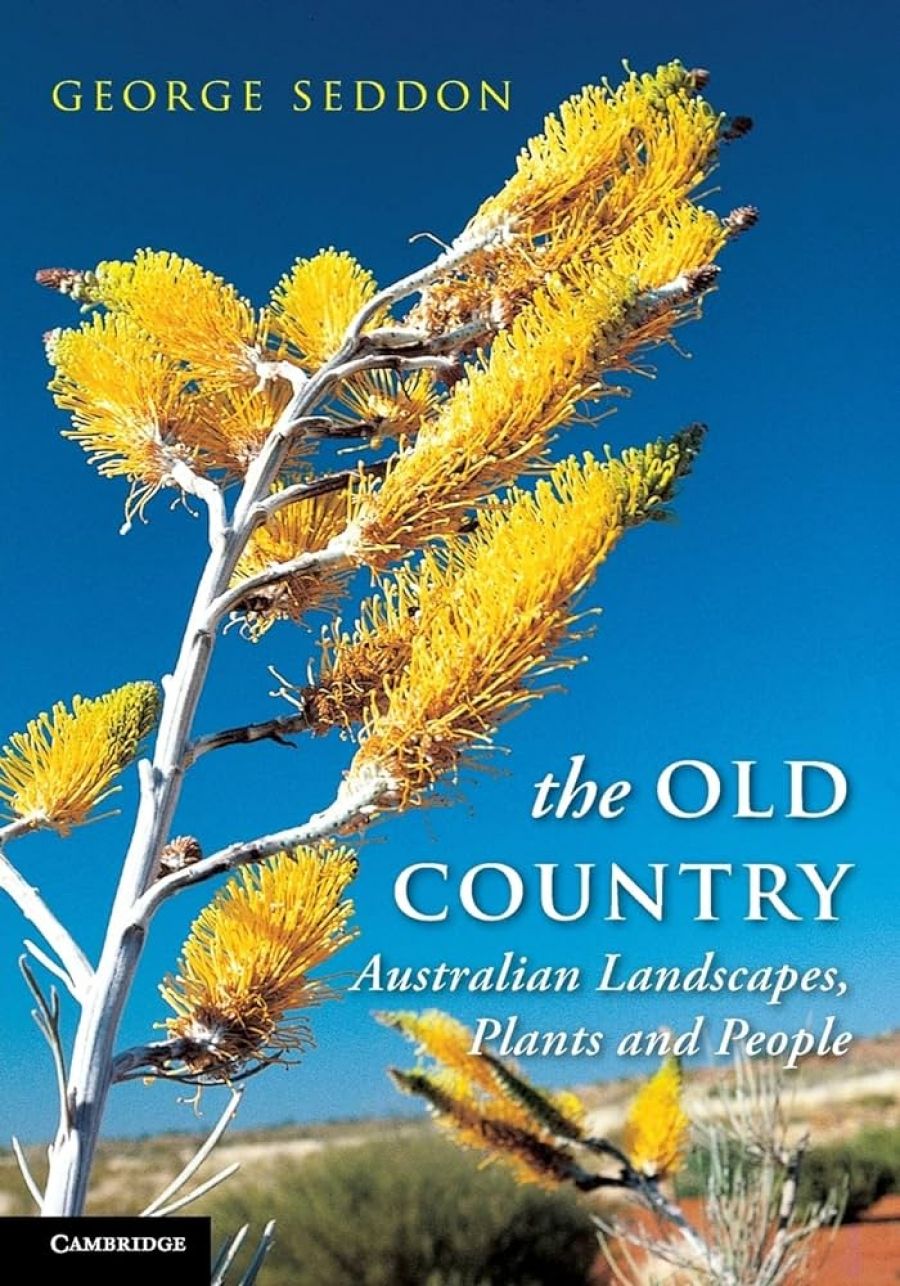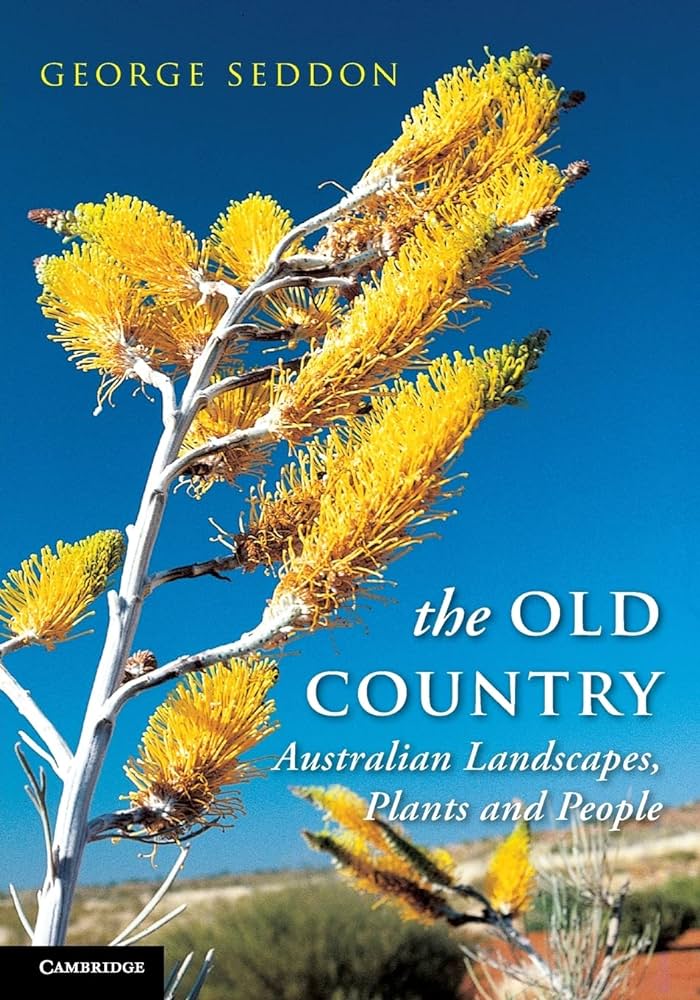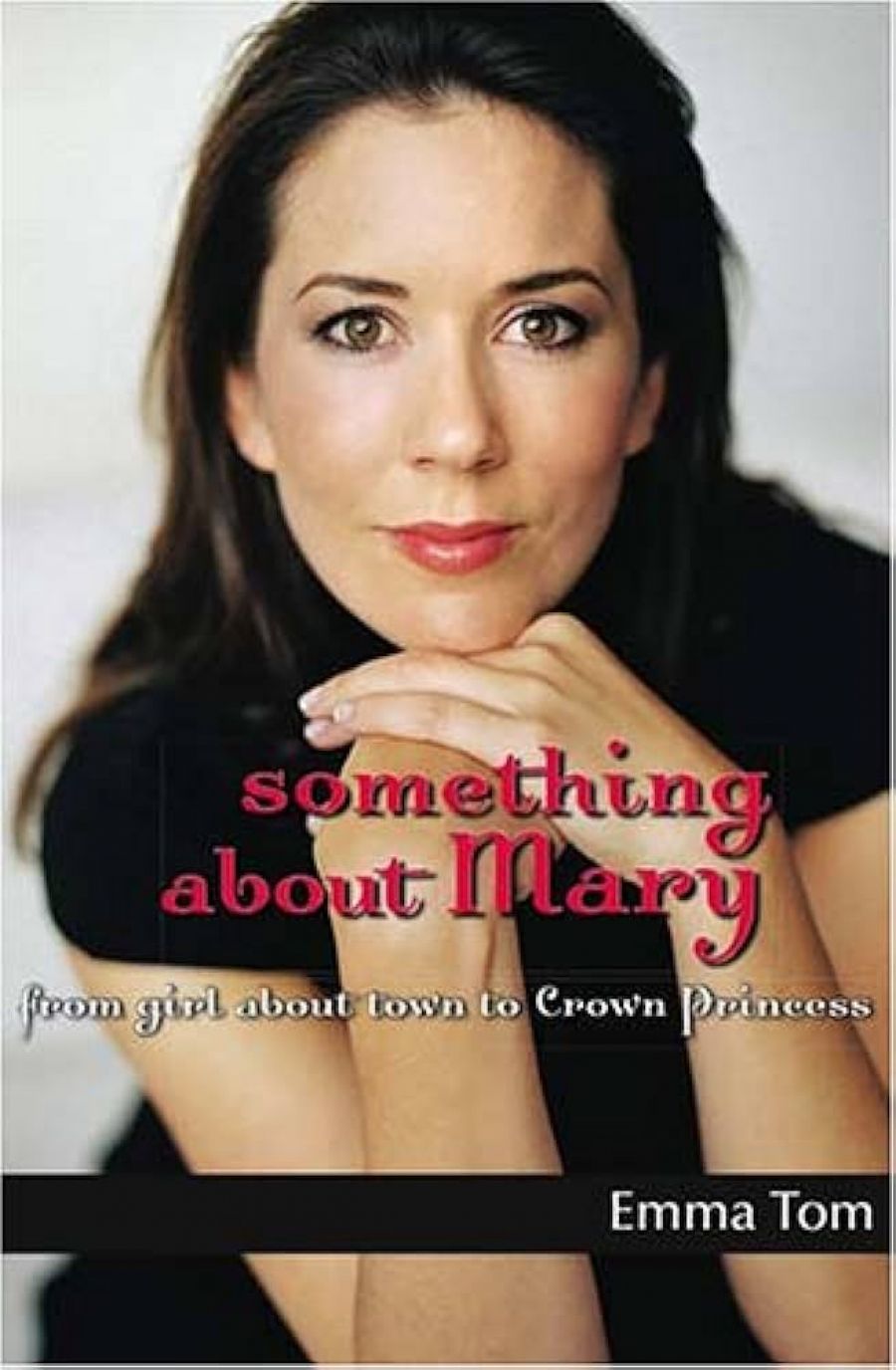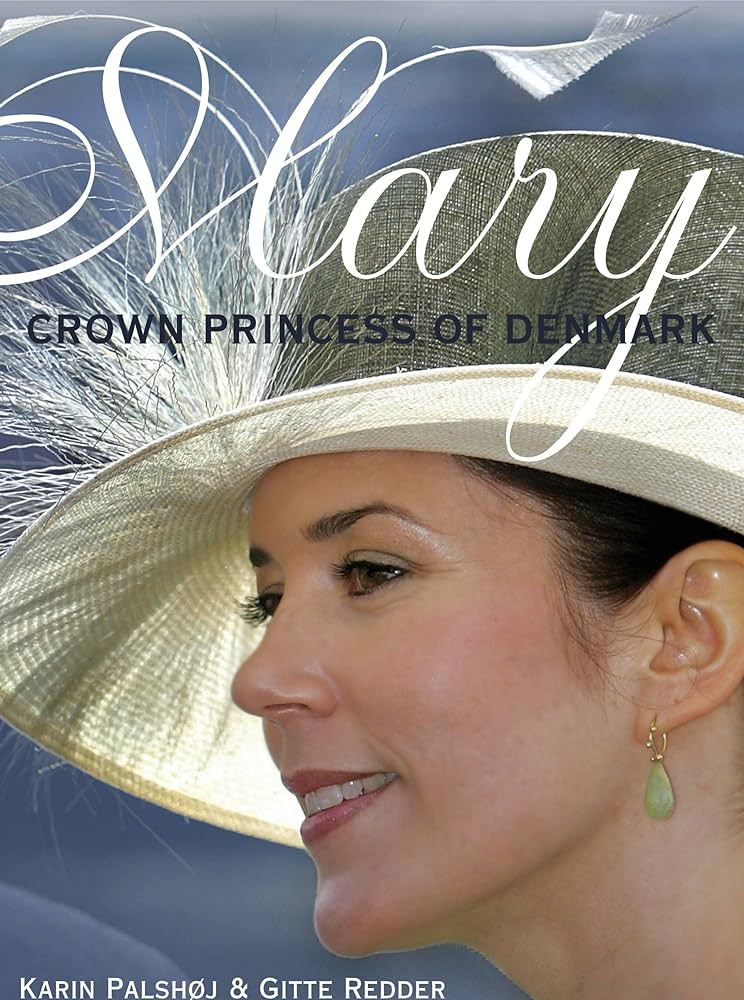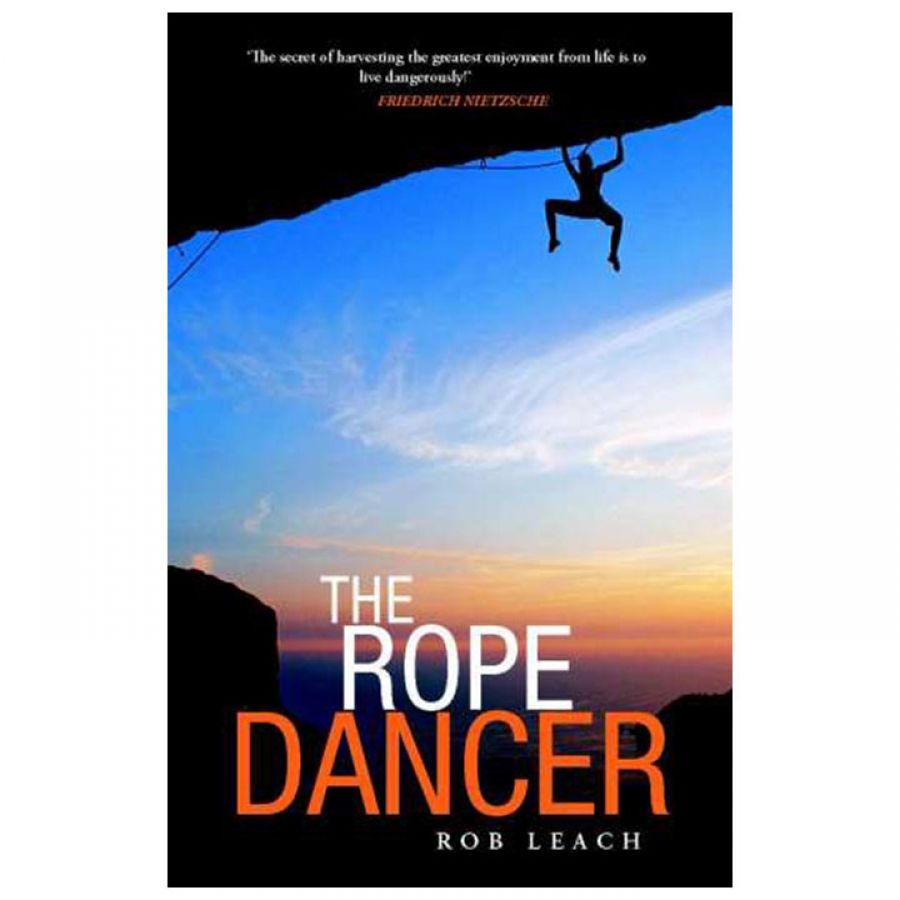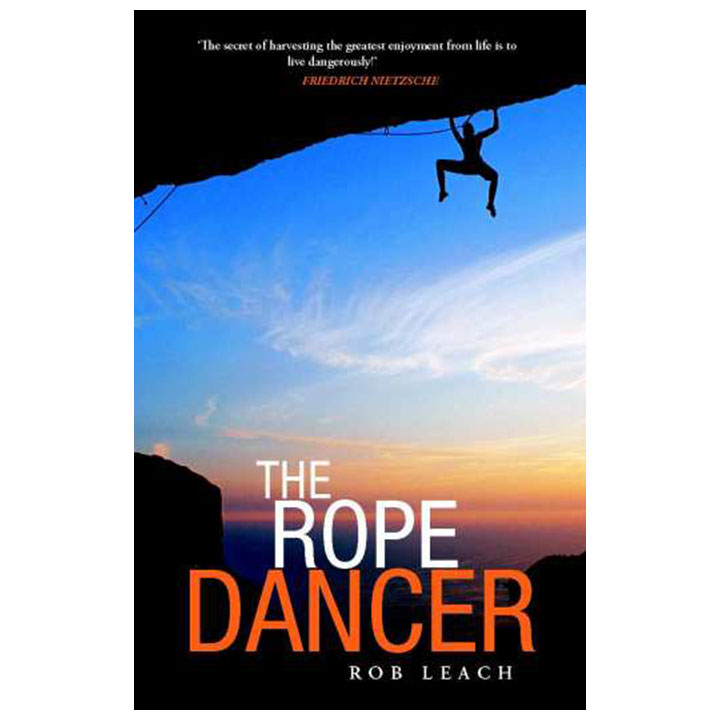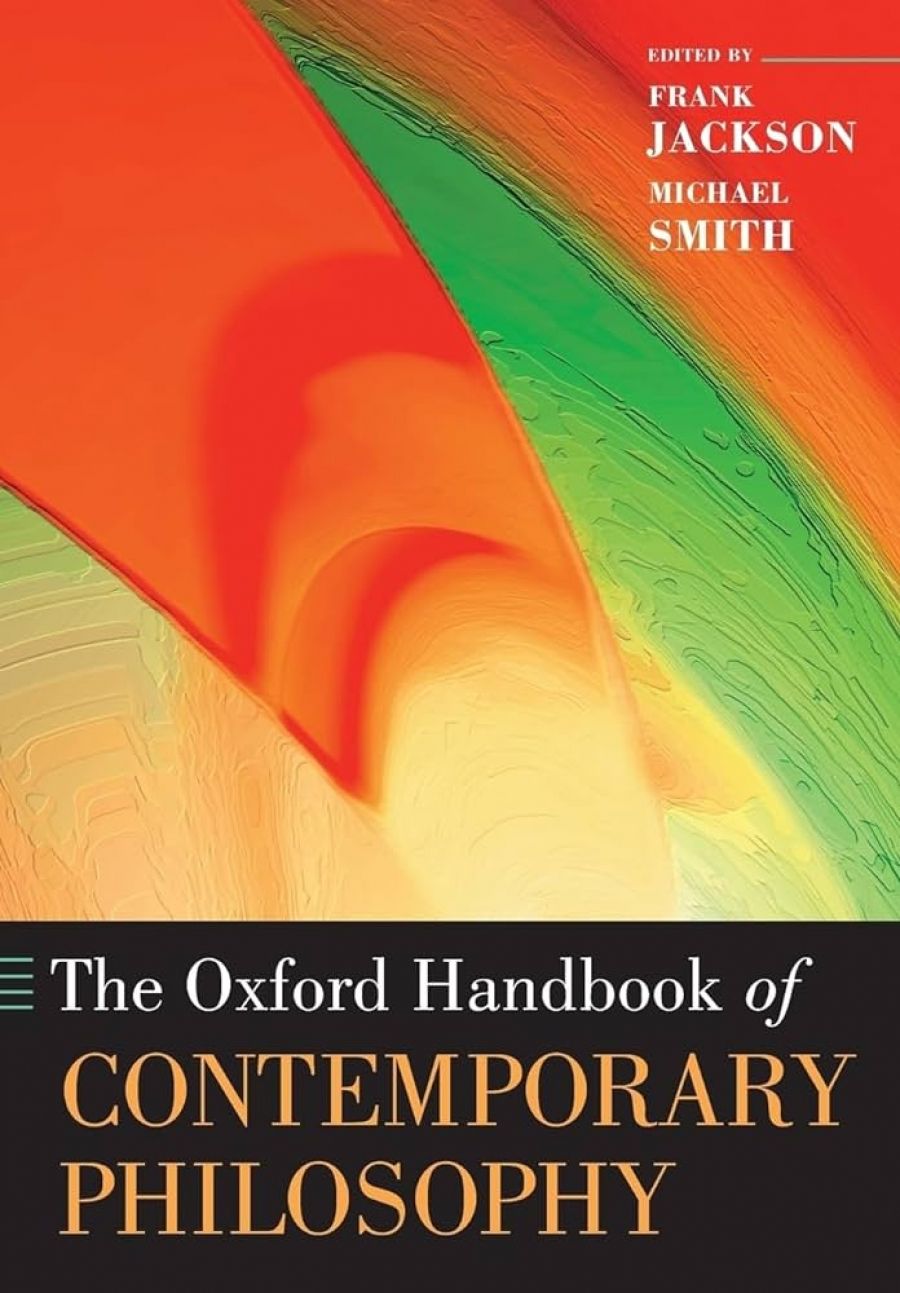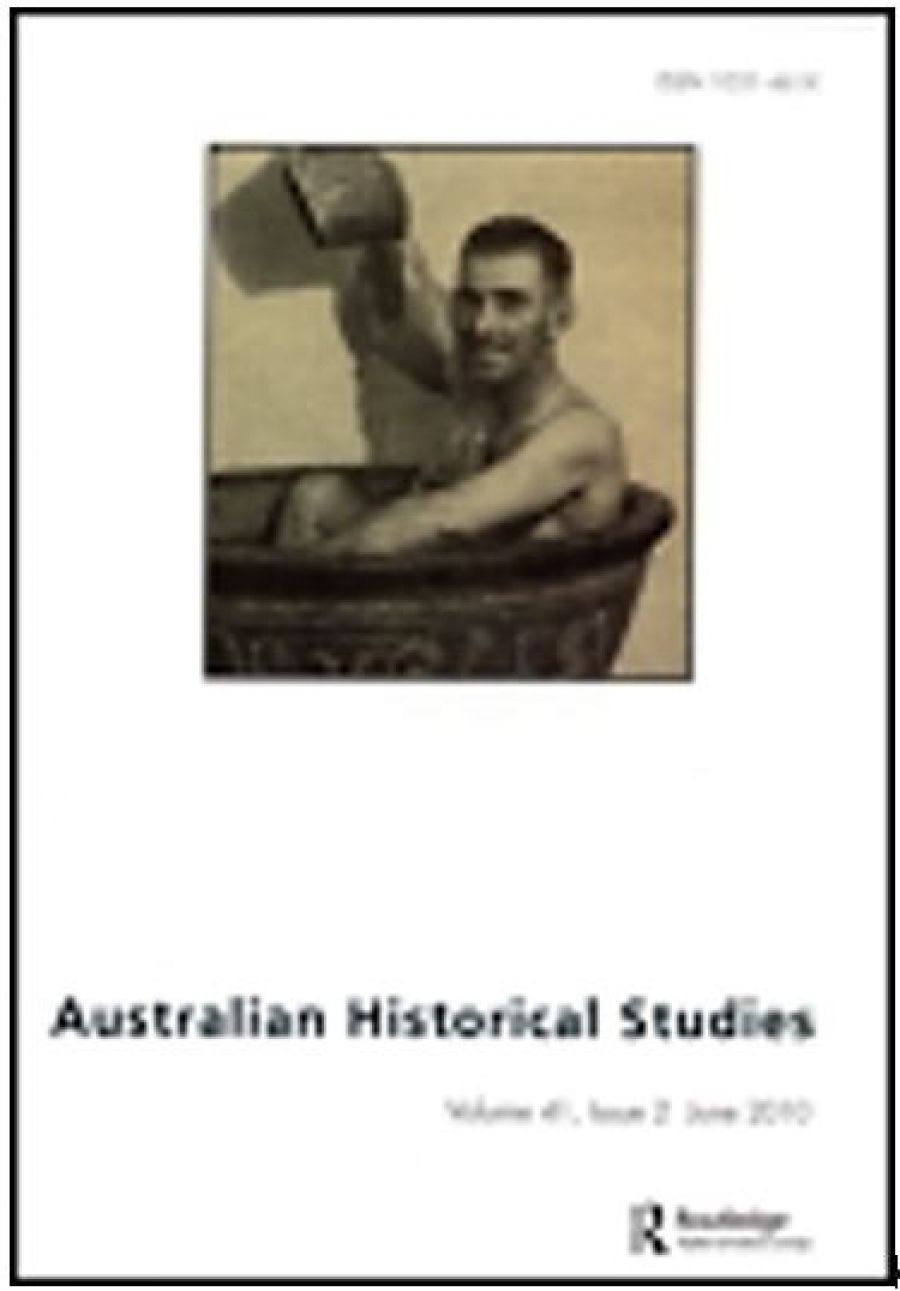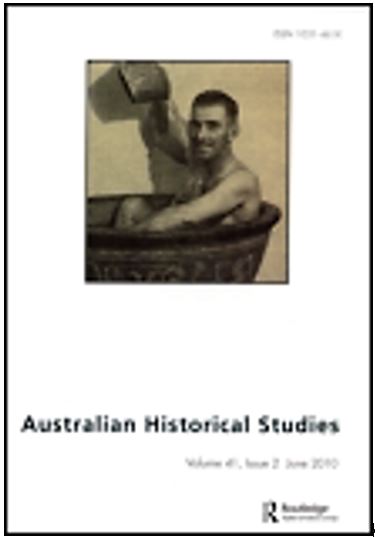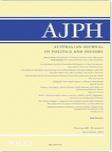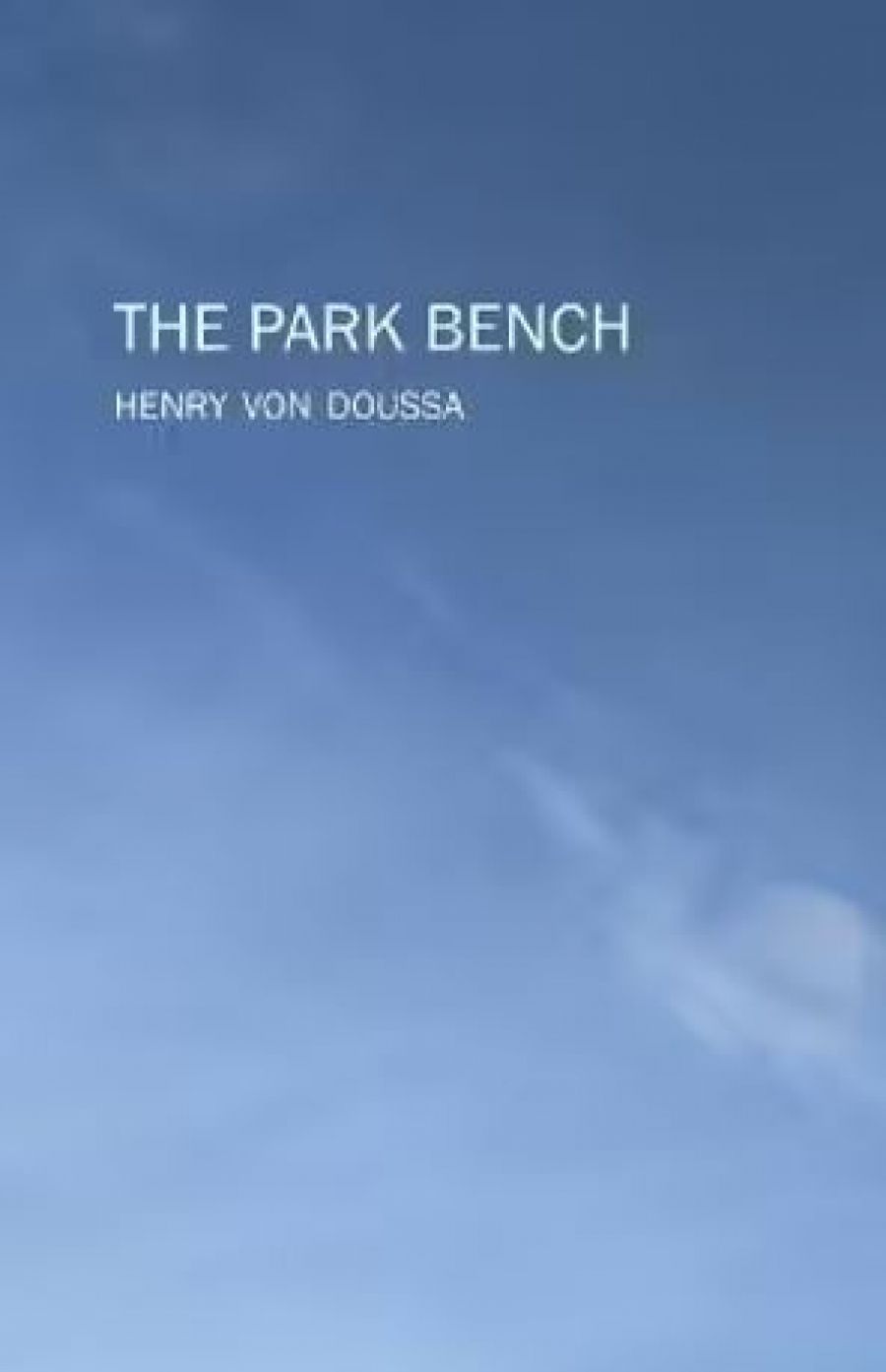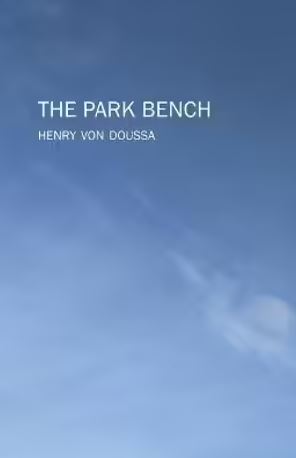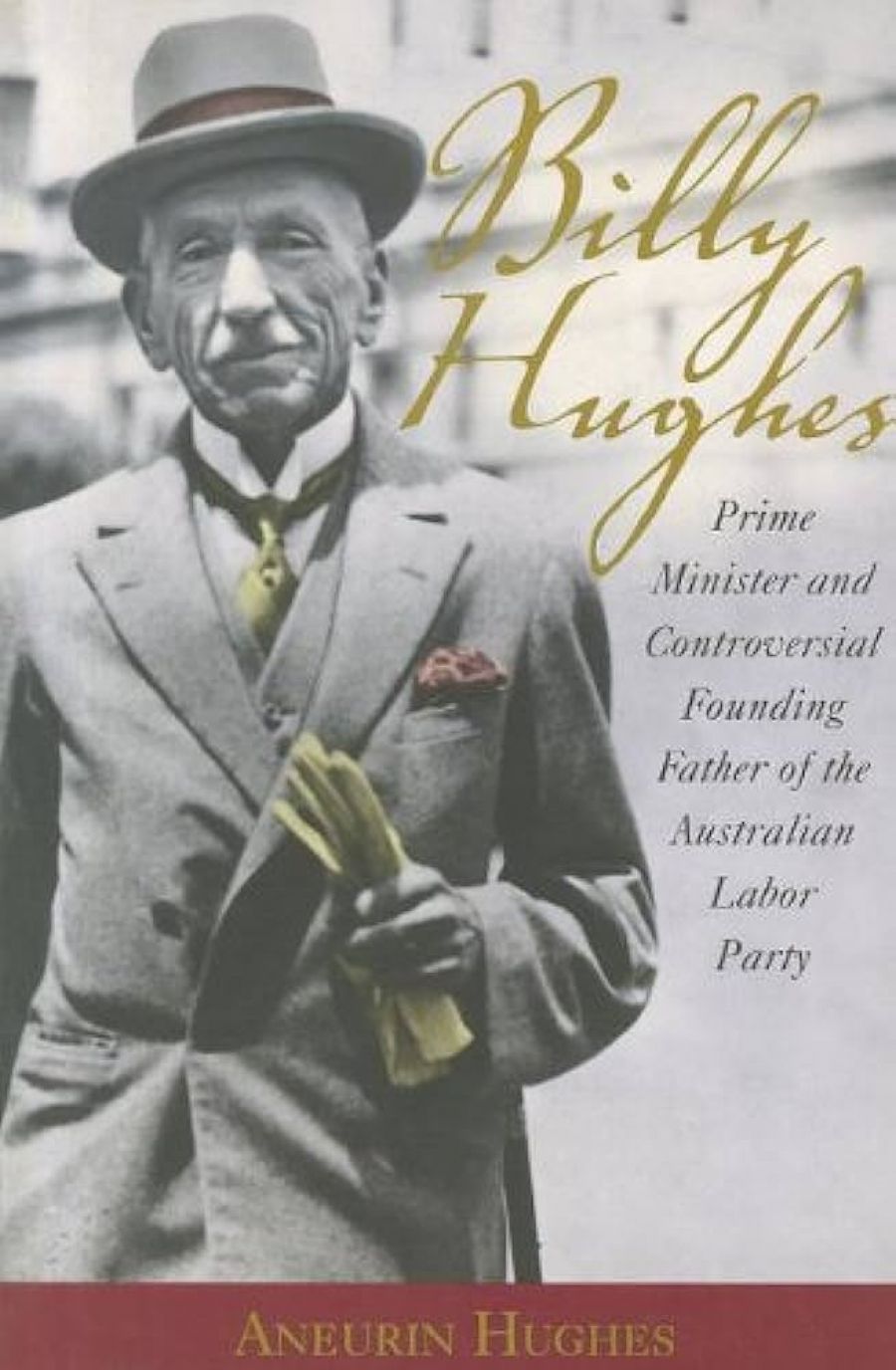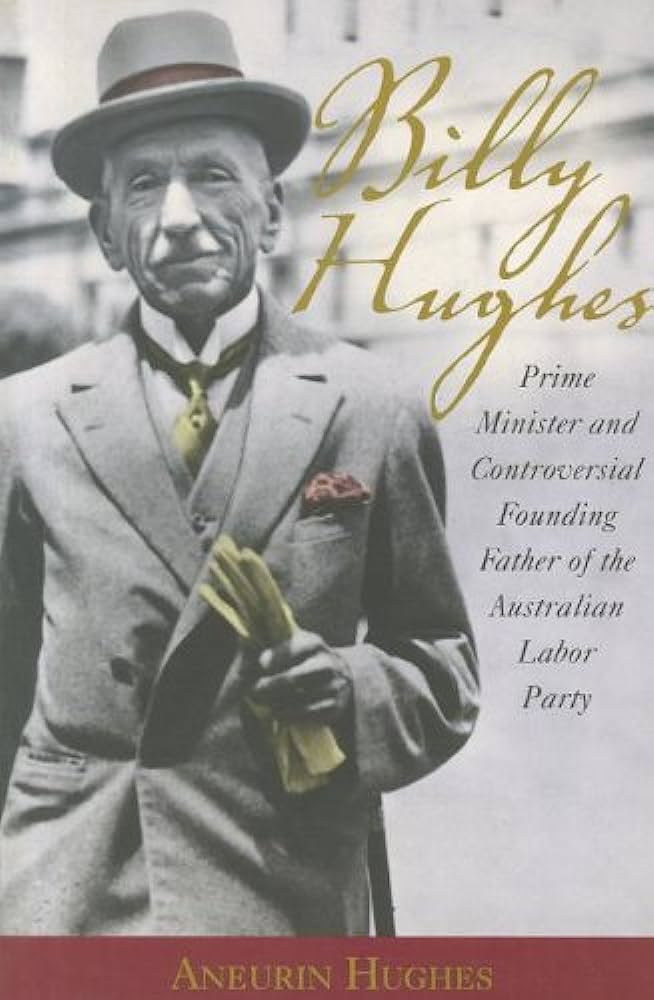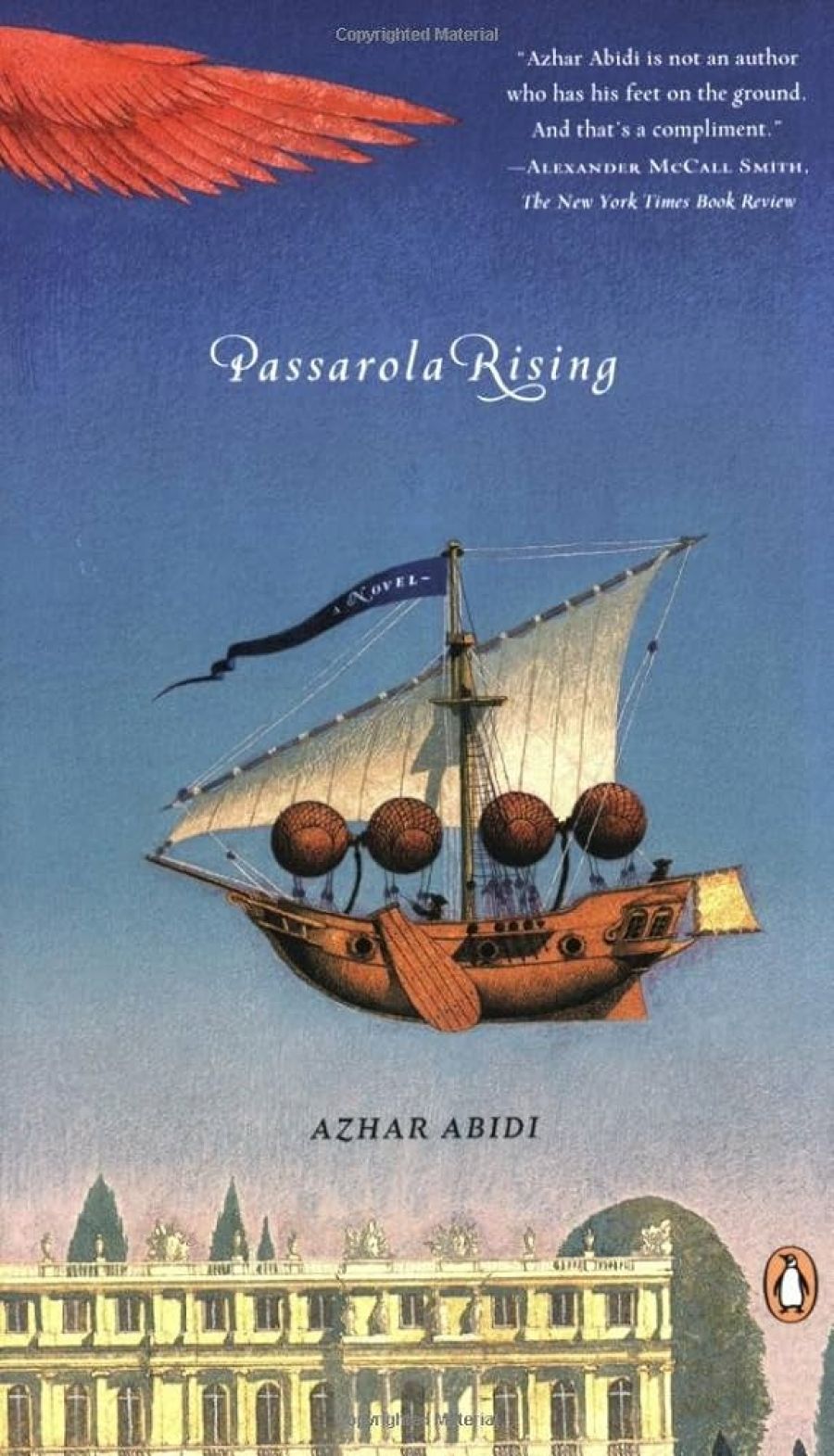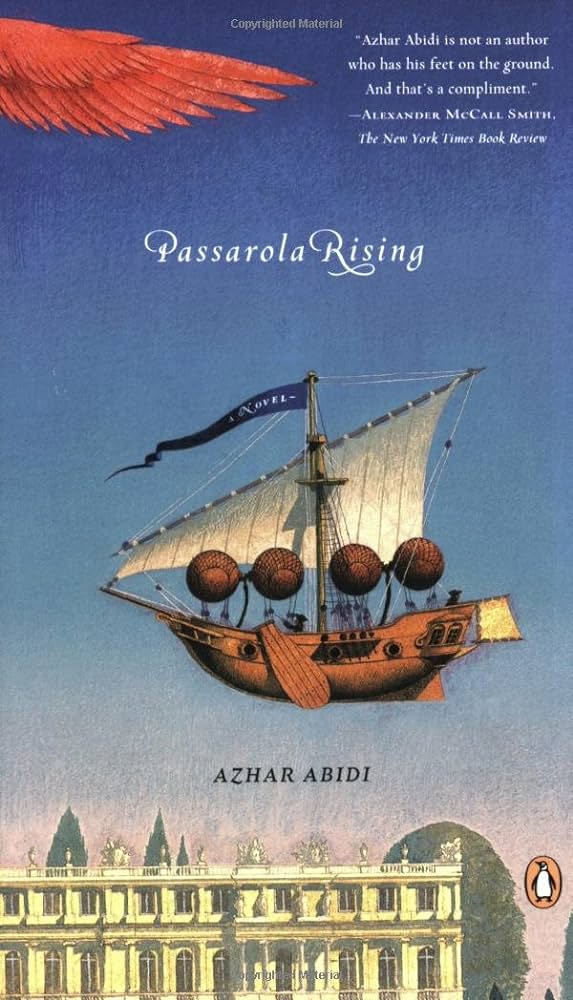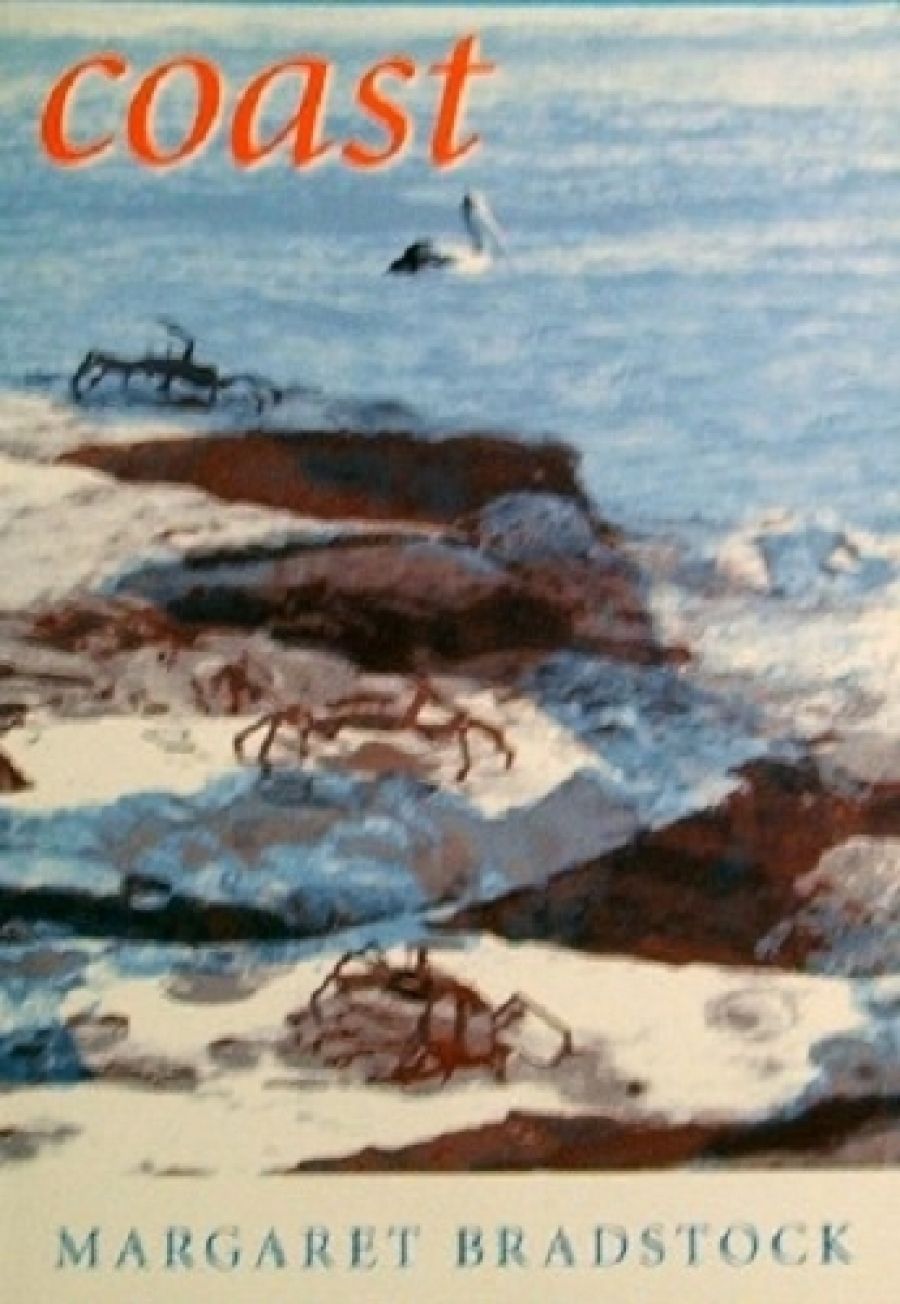Andrew McGahan’s first novel, Praise (1992), concludes with its narrator, Gordon Buchanan, deciding – perhaps accepting is a better word – that he will live a life of contemplation. This final revelation is significantly ambivalent. The unresponsive persona Gordon has assumed throughout the novel is something of an affectation. On one level, he is playing the stereotypical role of the inarticulate Australian male, but his blank façade is also defensive; it is a cover for his sensitivity. For Gordon, life is less overwhelming in a practical sense than in an emotional sense. His true feelings are a garden concreted over for ease of maintenance. He feels that the defining quality of human relationships is doubt, and this doubt confounds expression. ‘I’m never certain of anything I feel about a person,’ he says, ‘and talking about it simplifies it all so brutally. It’s easier to keep quiet. To act what you feel. Actions are softer. They can be interpreted in lots of different ways, and emotions should be interpreted in lots of different ways.’
There is perhaps a hint of preciousness about Gordon’s inability to lead a conventional life, a touch of the egotism that lurks behind displays of humility and sensitivity, but there are religious overtones to his decision as well. There is something monastic about his retreat into indolence. Idealism drives him to embrace an ascetic existence. His rejection of materialism, of the culture of aspiration, is a calling. His life to that point has been aimless and self-destructive, governed by a moral confusion which has its roots in a vague but pervasive sense of guilt. Attempting to understand this sense of his own culpability is, he comes to realise, his first duty. Thus he is compelled to live a life that is by conventional standards a failure, but which takes self-knowledge as its ultimate goal.
Praise stakes out the emotional terrain for McGahan’s subsequent novels. The central characters in each of his four books – Gordon in Praise and 1988 (1995), George Varney in Last Drinks (2000), and the nine-year-old William in The White Earth (2004) – share an essential passivity. All of them are carried along by circumstance. They exist in a state of perpetual unease, do not fully understand the situations in which they find themselves, but lack the capacity or the will to remove themselves or take charge of their lives. They cannot act, only react. Even Last Drinks, which is generically a crime thriller, depicts George’s low-level involvement in the corruption of Joh Bjelke-Petersen’s Queensland as almost inadvertent. His investigation into the murder of his former friend is driven less by any desperate need to uncover the truth than by George ‘responding, reacting, running’.
This is fundamental to the way McGahan’s narratives work. They move, in a conventional manner, from innocence to experience, from ignorance to knowledge. The process of revelation drives them forward. In the course of each novel, the central character is reluctantly introduced to his failings and his personal burden of guilt. In each case, this guilt is symbolised as a kind of disease: in Praise it is, appropriately, sexually transmitted, although Gordon’s girlfriend Cynthia is also afflicted with terrible eczema; in 1988, McGahan smites Gordon with boils; in Last Drinks, alcoholism is the defining affliction; while The White Earth’s William suffers from an undiagnosed ear infection for the duration of the novel.
With the exception of Last Drinks, in which all the major protagonists are lapsed Catholics, this guilt can be interpreted as a secular phenomenon. It is catholic with a small ‘c’ – a universal affliction that is bequeathed to McGahan’s characters by being thrust into specific social and cultural contexts. They are forced to enter into that state of emotional confusion which is the inevitable consequence of interacting with other people. This is why a state of blissful ignorance is unsustainable. It ultimately rests upon a denial of the fact that an action – which might also take the form of a decisive moment of inaction – can have repercussions which go beyond those intended. Actions might be ‘softer’ than words, but they have real consequences. The failure to accept any personal culpability shuts a person off from his common stake in humanity, something that is ultimately more corrosive than any direct confrontation with the reality of his moral responsibilities, however unsettling this may be.
This aspect of McGahan’s fiction is of interest in part because, since the insular and apolitical Praise, his novels have taken an overtly political turn. David Marr has complained that few recent Australian novels ‘address in worldly, adult ways the country and the time in which we live’, but McGahan’s work stands as a notable exception. Each of his novels, post-Praise, has addressed a specific, defining moment of cultural conflict from Australia’s recent history. And when, in June 2005, he was presented with the Miles Franklin Award for The White Earth, McGahan expressed sentiments very unlike those of his passive protagonists, sentiments that suggested that he saw the novelist’s cultural role in political terms. ‘I think there is a sense of something big coming in Australian art,’ he told the ABC. The nation, he argued, is ‘on the verge of something very dark and ugly politically, and in response to that, the arts always flourish under that repression and react against it in outrage and protest’.
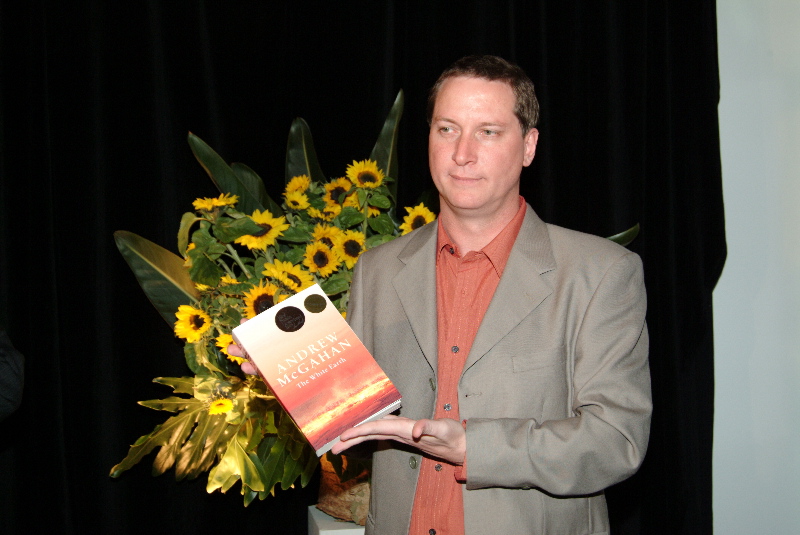 Andrew McGahan at the Miles Franklin Literary Award ceremony, 2005 (photograph supplied)
Andrew McGahan at the Miles Franklin Literary Award ceremony, 2005 (photograph supplied)Writing politicised literature can be a treacherous business. It is not the first task of a work of prose fiction to act as a vehicle for a narrow political message. Novels that attempt this are regularly disfigured by their sense of moral self-importance. Elliot Perlman’s Three Dollars (1998), for example, is so distorted by its politics that it develops, absurdly, into a kind of anti-Bildungsroman, in which a naïve young man discovers that he is right about everything. There is a strong tendency in a work that takes sides in some specific political controversy for it to leach the humanity from those characters who represent the unfavoured viewpoint, and to paint them as fools and knaves. Even the best-intentioned narrative inevitably warps reality to conform to its agenda to some extent, but when this is crudely done it stifles the dissonance that is the lifeblood of fiction. The novel shrinks into itself, starts to believe in the imperviousness of its own rhetoric, and ends up being effective only if it tells you exactly what you want to hear. This renders its fictional qualities redundant: Perlman wrote a novel, but everything he had to say might have been adequately expressed in a terse letter to the editor of The Age.
Not all politicised literature needs to be so specifically focused. W.B. Yeats’s ‘The Second Coming’, first published in 1921, is a great poetic expression of political pessimism, striking in its prescience about the violence that was to engulf Europe in the decades that followed. Yet it says little to anchor itself to a specific time and place. Indeed, it is threatening in large part because it is so vague. Its symbolism – the widening gyre, the rough beast slouching toward Bethlehem – is unnerving but indefinite, evoking a chaotic vision in which ‘The blood-dimmed tide is loosed, and everywhere / The ceremony of innocence is drowned.’ As a political statement, the poem makes no attempt to reason or argue: the apocalyptic atmosphere does all the work. It is a perfect example of the manipulative power of emotive rhetoric. It strips away the complexities of its historical situation to leave a sense of pure anxiety. The memorable lines ‘The best lack all conviction, while the worst / Are full of passionate intensity’ are stirring because they arouse a feeling of recognition. They appeal to the awareness of our own weakness, the feeling of one’s smallness set against the world’s confusing vastness. They remind us of how little we are able to influence the world, and of the discomfort of hearing others arguing vehemently for ideas we find abhorrent. And that is their trick: they flatter you into agreement. No one has ever read Yeats’s lines and felt they were among the ‘worst’. Like a clever piece of propaganda, the poem appeals to a feeling of disquiet that is already within. It draws us alongside the poet in that ‘centre’ which ‘cannot hold’. Poet and reader thus become one in their gloomy but impotent moral superiority, united against the chaos of the wider world and the general wickedness of others, a wickedness from which the poem absolves us through the act of recognition itself.
A poem with a political edge can, of course, be quite specific but still be misunderstood or appropriated in the service of a different agenda. Judith Wright, whose pastoralist family established itself in northern New South Wales and southern Queensland at approximately the same time as McGahan’s fictional White family, felt compelled to withdraw her early poem ‘Bullocky’ from poetry anthologies used in schools because she believed it was being misinterpreted as an uncomplicated affirmation of the pioneering spirit – an interpretation, she noted, that overlooked the fact that the old man in the poem is a ‘mild religious maniac’, who is described as being in thrall to a ‘mad apocalyptic dream.’ ‘Bullocky’ is not an absolute rejection of the pioneering narrative, but the ‘tone of the last two verses’, said Wright, ‘which I had seen as a gently affectionate send-up of the Vision, was missed – they became a hyperbolic celebration of it’. Furthermore, the poem only addresses one aspect of the story. Other poems, Wright felt, were ‘necessary to a proper view of “Bullocky”’. Thus, in A Human Pattern: Selected Poems (1990), the poem is placed opposite ‘Nigger’s Leap: New England’, which is based on an incident that Wright’s father related to her, in which a group of Aboriginal men, women, and children were driven off a cliff in retaliation for the killing of some cattle. Naturally, it presents a very different perspective on the narrative of settlement:
be dark, O lonely air.
Make a cold quilt across the bone and skull
that screamed falling in flesh from the lipped cliff
and then were silent, waiting for the flies.
✦
A short lyric poem, which adopts an intimate mode of address, is in many ways a more appropriate form than a novel in which to present a singular perspective or a direct personal-political statement. The broader canvas of a prose narrative tends to require intellectual conflict on a wider scale, especially if it is to tackle a political theme. McGahan’s way of addressing this problem has been to turn toward genre. His novels can be seen as an attempt to break down Australia’s recent history into its basic structuring narratives. In this sense, even more so than Last Drinks, his latest novel, The White Earth, is a pastiche. As several reviewers pointed out, it is a gothic tale that appropriates a number of familiar motifs, such as the decaying mansion and the sinister housekeeper. It begins in an ostensibly realist mode, but by degrees comes to incorporate elements of the supernatural. More significantly, however, it sets out to manipulate a variety of national myths, playing them off each other as a way of questioning their validity.
These conflicting narratives are opposed more or less schematically. The novel’s politics centre on the issues raised by the Mabo decision. The history of the Darling Downs that John McIvor tells William is one of settlement, but is implicitly set against the counter-narrative of invasion and dispossession. The pointed absence of Aboriginal voices from the novel is an evocation of the phenomenon that the anthropologist W.H. Stanner labelled ‘The Great Silence’: the tendency to view Australian history from a white perspective that either downplays or ignores the fact that Aboriginal people were victims of colonisation, which, despite the large amount of scholarly work that has been done since Stanner made the observation in 1968, remains a live tendency in public discourse. (Observed Stanner: ‘inattention on such a scale cannot possibly be explained by absentmindedness. It is a structural matter, a view from a window which has been carefully placed to exclude a whole quadrant of the landscape.’) Similarly, McIvor’s suspiciously strident insistence that the Aboriginal people are ‘gone’ recalls the old myth of the dying race, while his charter for the Australian Independence League – note the acronym, by the way – deliberately echoes some of the statements made in Pauline Hanson’s maiden speech to the federal parliament in 1996, sentiments which have since been incorporated into the mainstream of Australian politics as part of a backlash against the conciliatory legacy of Paul Keating’s term as prime minister.
Around this central conflict, McGahan arranges a number of familiar, contradictory themes from Australian literature and culture. The landscape around Kuran Station, for example, is ancient, beautiful, and mystically profound; but it is also alien and menacing and fraught with danger. The novel evokes the slightly paradoxical national myth of Australia as a land of natural wealth and prosperity, but one that is nevertheless populated by battlers who must struggle to survive. McIvor’s obsession with obtaining Kuran is motivated by an odd mixture of robust egalitarian sentiment and cringing status-consciousness, which is an expression of a sublimated anxiety about class that runs through the national psyche. There is, in the rift between McIvor and his daughter Ruth, a manifestation of the demographic divide between city and country, between the educated ‘élite’ and the hard-working masses. A series of iconic figures wander through the novel. The doomed explorer and the jolly swagman – both emblematic of the national tendency to celebrate heroic failure – make brief appearances, as does a bunyip. And William’s ill-fated attempt to walk to the waterhole recalls the archetypal figure of the lost child, which Peter Pierce demonstrated in The Country of Lost Children (1999) has its origins in nineteenth-century literature and can be read as ‘the symbol of essential if never fully resolved anxieties within the white settler communities of this country’:
The forlorn girls and boys, bereft, disoriented and crying in a wilderness that is indifferent, if not actively hostile to them, stand also for the older generation, that of their parents. Symbolically, the lost child represents the anxieties of European settlers because of the ties they have cut in coming to Australia ... The figure of the child stands in part for the apprehensions of adults about having sought to settle in a place where they might never be at peace.
This appropriating technique can be traced back to McGahan’s second novel. 1988 is his drollest book and probably his least accomplished, but it adopts a similar strategy to the more sophisticated The White Earth in that it also manipulates a number of recognisable cultural narratives, beginning with a parody of the anxiety about being ‘swamped by Asians’. Two Chinese students move into Gordon’s share house in Brisbane. They promptly invite two more of their friends to move in, and then another friend, and then another, and so on, until the house is overrun and Gordon decides it is easier to leave. The novel then works its way through a series of scenarios, each of which can be read as an ironic comment on a stereotypical aspect of Australian culture. Gordon’s road trip with Wayne casts the pair in the role of sightseers within their own country, ignorant of their own history to the point where their only source of information is a tourist map. Along the way they experience the inland as a vast emptiness, a nothing. When they arrive at the remote weather station, a tiny outpost complete with lawns and pathways, the novel becomes, on one level, an allegory of colonisation, with a series of representative ‘types’ parading through the novel in a rather mechanical fashion.
✦
The fact that McGahan appropriates familiar cultural motifs and paints them in broad strokes has led Malcolm Knox to claim that The White Earth is ‘the first popular commercial novel’ to have won the Miles Franklin Award: ‘At micro level it uses stock phrases, in its characterisation it presents people we’ve already read about and it dramatises an agreeable set of politically correct storylines.’ McGahan’s novel is thus not ‘original’ or ‘transformative’ in the manner Knox associates with writing of the highest order. This is true in the sense that, as a stylist, McGahan is content for his prose to be brisk and functional and no more. As a rule, he eschews ornament. The pleasures provided by his prose are usually a function of its quietly controlled rhythms, rather than the aesthetic jolt of a startling analogy or an extended passage of lavish description. He uses metaphors sparingly, and when he does it is generally in the service of the novel’s rigorous and methodical symbolism. When a character feels shame or anger, for example, it inevitably ‘burns’ or ‘flares’, linking each individual pang of negative emotion to the novel’s network of guilt and corruption. Similarly, Kuran Station is often likened to a ship and the surrounding land to a sea, reinforcing the sense of McIvor’s isolation and the obsessive, Ahab-like quality McGahan has said he wanted to give him.
But The White Earth strives to be transformative in another sense. The essence of McGahan’s art is narrative. His recent novels have turned towards genre in part because of his skill at shaping them at a macro level; they seem familiar because they are so solidly and traditionally constructed. Significantly, the move toward genre is also a move toward self-consciousness: the moment of recognition when a narrative is exposed as a purposeful, self-contained structure with its own internal logic that works to shut out conflicting viewpoints. The Irish writer Colm Tóibín once remarked upon the similarity between his nation’s history and a work of sentimental fiction, ‘full of love stories with ill-fated lovers dying with a smile’. There are times, he argued, when ‘the crucial moments in Irish history seem more like a nineteenth-century novel in which the individual, tragic hero is broken by the society he lives in’. The point of his observation is that once this generic quality has been recognised, it opens up the possibility of transcendence: it becomes possible to understand history in other, more realistic and nuanced ways; it becomes possible to see how history is not like a sentimental fiction. This is part of the motivation behind The White Earth’s attempt to incorporate some of the prominent themes in recent Australian history within the overarching framework of a gothic narrative. The novel wants to make us aware of these ideas’ generic qualities, the manner in which certain ways of perceiving are perpetuated, and how this influences the shape of contemporary public debate.
McGahan does not draw attention to the mechanics of his plot in an overtly ironic fashion, but it is significant that the novel skates close to self-consciousness at times. When McIvor’s political rally descends into chaos, some members attempt to highjack AIL and turn it into a version of the Ku Klux Klan, complete with white hoods and a burning cross. McIvor’s response is to shout despairingly that it ‘isn’t the Australian way. This is from somewhere else.’ Later he dismisses his former political allies as ‘imitators, and that’s the worst thing to be. They think people from overseas know better than we do.’ There is yet another distinctly Australian phenomenon being alluded to here – the cultural cringe – but the sheer incongruity of the appearance of the Klansmen draws attention to the novel as a pastiche, to the generic quality of the different political positions that are expressed in The White Earth and their underlying irrationality. In McIvor’s case, the destructive aspect of his vision is the way it isolates and blinkers him. He cannot see past the limits set by his self-created myth- ology and his correspondingly distorted view of the past. The image of McIvor holed up in the decaying Kuran House can be read, like so much of McGahan’s fiction, both on a naturalistic and a symbolic level. McIvor is inside Kuran looking out; he has only one perspective. He would rather be destroyed along with the house than give up his false but cherished beliefs – beliefs around which he has built his entire identity.
The politics of The White Earth are clearly unsympathetic to McIvor. The novel systematically exposes the dark side of his opinions. His assumptions are, one by one, revealed to be false, narrow and cruel. He believes he has earned everything he has, despite the fact that he has, as Ruth observes, ‘always been lucky with inheriting things’. He believes he understands the land, but almost everything he says about it turns out to be wrong. His view of himself as someone with a profound spiritual connection to Kuran Station is not only bleakly ironic from an Aboriginal perspective but suspiciously harmonious with his own material advancement. Yet the interest in the novel lies in the extent to which McIvor is not a villain. His opinions are thoroughly embedded in a fictionalised history of the Darling Downs. Even though McIvor’s reading of the landscape is not an accurate reflection of its true history, there is a sense in which it is valid on a personal level: it is his blood’s country, the only country he has known. His obsession, for all its passionate intensity, is humanised. Its wellsprings are very understandable failings. His ambition and his malicious streak have their origins in an unacknowledged sense of guilt, but he also feels the shame and anger that flow from a deeply wounded pride. Judith Wright once described the pastoralist society she was born into as ‘one of the most privileged in Australia and one of the most self-satisfied’; McIvor’s character, with its distinctive mix of entitlement and resentment, is shaped by his exclusion from the upper ranks of this privileged society. He imbibes from his father, and comes to take for granted, that there is a possibility he might marry Elizabeth White and inherit the station. The fantasy is brutally rebuffed:
John understood that he was witnessing something acutely personal. Elizabeth hated his father ... She said, You were only ever an employee, Mr McIvor. And for the first time in the interview her gaze flickered over John as he sat by stupidly, and he saw that her contempt embraced him as well. Your son was only ever an employee. I think you have forgotten that.
This class-based insult burns him deeply, and his politics become, as much as anything else, a manifestation of the extent to which he refuses to accept the social reality that Elizabeth sets out for him. In response, he develops his own, one-way vision of social hierarchy: he wants to move up in the world, and sees the acquisition of Kuran as a path to personal vindication. He would happily look down on others, in other words, but cannot tolerate the idea that some people might look down on him.
✦
McGahan is interested in the emotional and psychological dimension of politics as much as in the arguments themselves. He is interested in the way a private narrative can be pursued to the point where it becomes destructive. Politics, he suggests, is bound up with self-interest, but its deeply personal resonances mean it is never merely a matter of self-interest. It is part of a person’s identity; it flows from their sense of personal integrity. McIvor is not meant to be a representative figure. He is not an everyman; nor is he an ideologue, although he is a political extremist. And there turns out to be a very specific reason why his father is so hated – the tell-tale heart that beats beneath the surface of The White Earth’s gothic narrative. But McIvor does represent certain tendencies pushed to an extreme. His opinions are so deeply rooted in individual and social history that they become instinctive. He ignores their true origins. In a sense, he has devised his opinions in order to ignore their true origins, to protect himself from the pain of acknowledgement. As such, his self-belief is corrupted, turned against itself. His prejudices encourage him toward denial and the tendency to view his own actions as above reproach. He has an absolute belief in the justness of his own cause and folly of everyone else’s. This is only partly explained by egotism. To some extent, memory works like this on a fundamental level. We are constantly engaged in rewriting the past, retrospectively justifying our actions, minimising our personal culpability. But behind McIvor’s political outrage is a festering wound of negative emotions – vanity, malice, guilt. The self-justifying myth he develops to explain his desires, the leprous distilment he pours into the porches of William’s ear, is poisonous for this reason. It is, in the words of Judith Wright, ‘a doubtful song that has a dying fall’.
The corruption of McIvor’s sentiments to the point where he thinks solely in terms of acquisition and possession does not bestow purity upon those characters who would contest his claims to ownership. Ultimately, no one is innocent. Most of the adult characters in the novel have some of the same desires which ultimately destroy McIvor. With the notable exception of Ruth, most have their own quietly held aspiration to possess Kuran, while Ruth’s rejection of this ambition is itself an attempt to spite her father more than it is a matter of principle. Throughout the novel, William clings to the last vestiges of his innocence. He is open and ingenuous. His character is defined by an absolute lack of knowledge and by his total reliance for information upon the adults whose responsibility it is to care for him. Each fails him by attempting to manipulate him, to make him complicit with their own moral corruption, thus ensuring he too will inherit the guilt. The result is that he is pushed to the point where he is lost and bewildered: ‘Everywhere he looked there was haze and smoke, vague shifting shapes that could have been anything ... Nothing was solid, not the land, and even less so its history. He had been told so many stories – but which ones was he to believe?’
Guilt, a prime minister once said, ‘is not a very constructive emotion’, but guilt is the corrective to McIvor’s mad apocalyptic dream as surely as unacknowledged guilt is the disease that corrupts him. Guilt gives voice to doubts and accepts the reality of our social being. It turns the attention inward. The rhetoric of politics, on the other hand, is that of absolute, dehumanising certainty – the certainty that burns within John McIvor. It directs the attention outwards, inviting us to fix our blame or visit our anxiety upon some external object. The politics of The White Earth are clear and its conclusion accedes to the formal demands of its gothic narrative, but its purpose is more complex. It tells us something about the process of self-knowledge and the dangers of believing too absolutely in our own version of events, suggesting that the past will not easily be pushed into an agreeable shape by an act of will. The White Earth is an attempt to address the closeness of history, how the past moves beneath the surface of present in a way that has inescapably personal repercussions – how, in the words of Judith Wright:
Night buoys no warning
over the rocks that wait our keels; no bells
sound for her mariners. Now we must measure
our days by nights, our tropics by their poles,
love by its end and all our speech by silence.
See, in these gulfs, how small the light of home.
